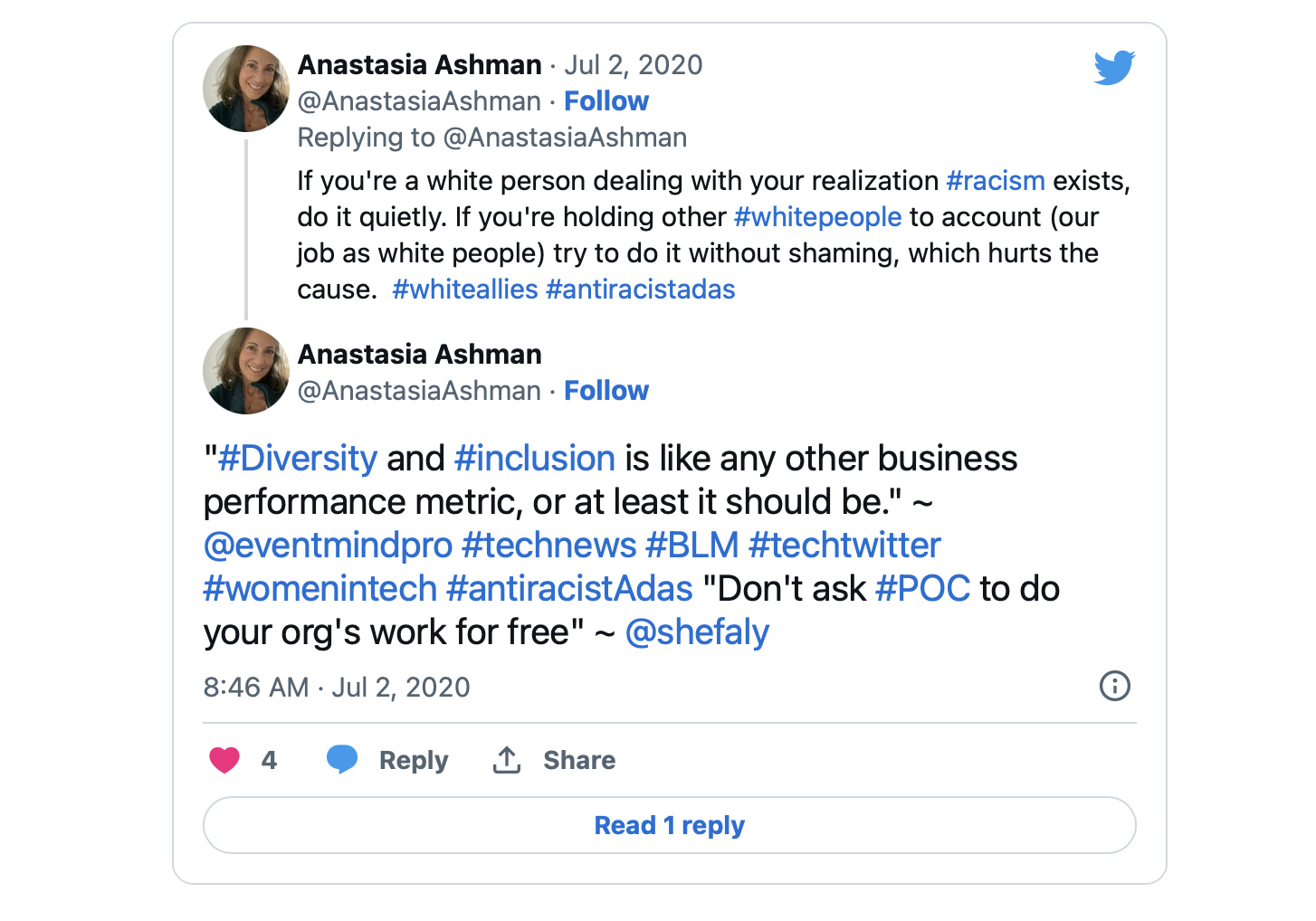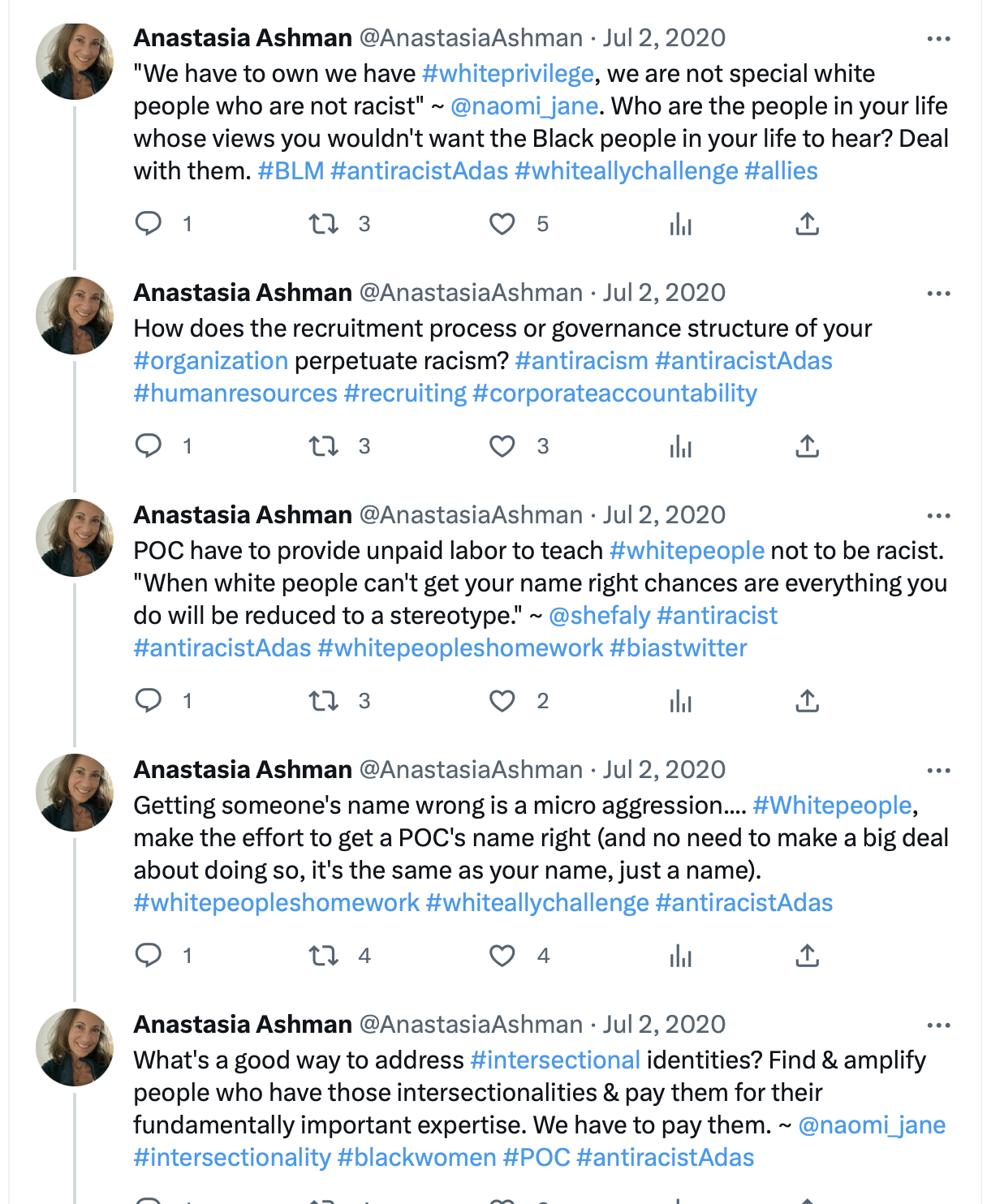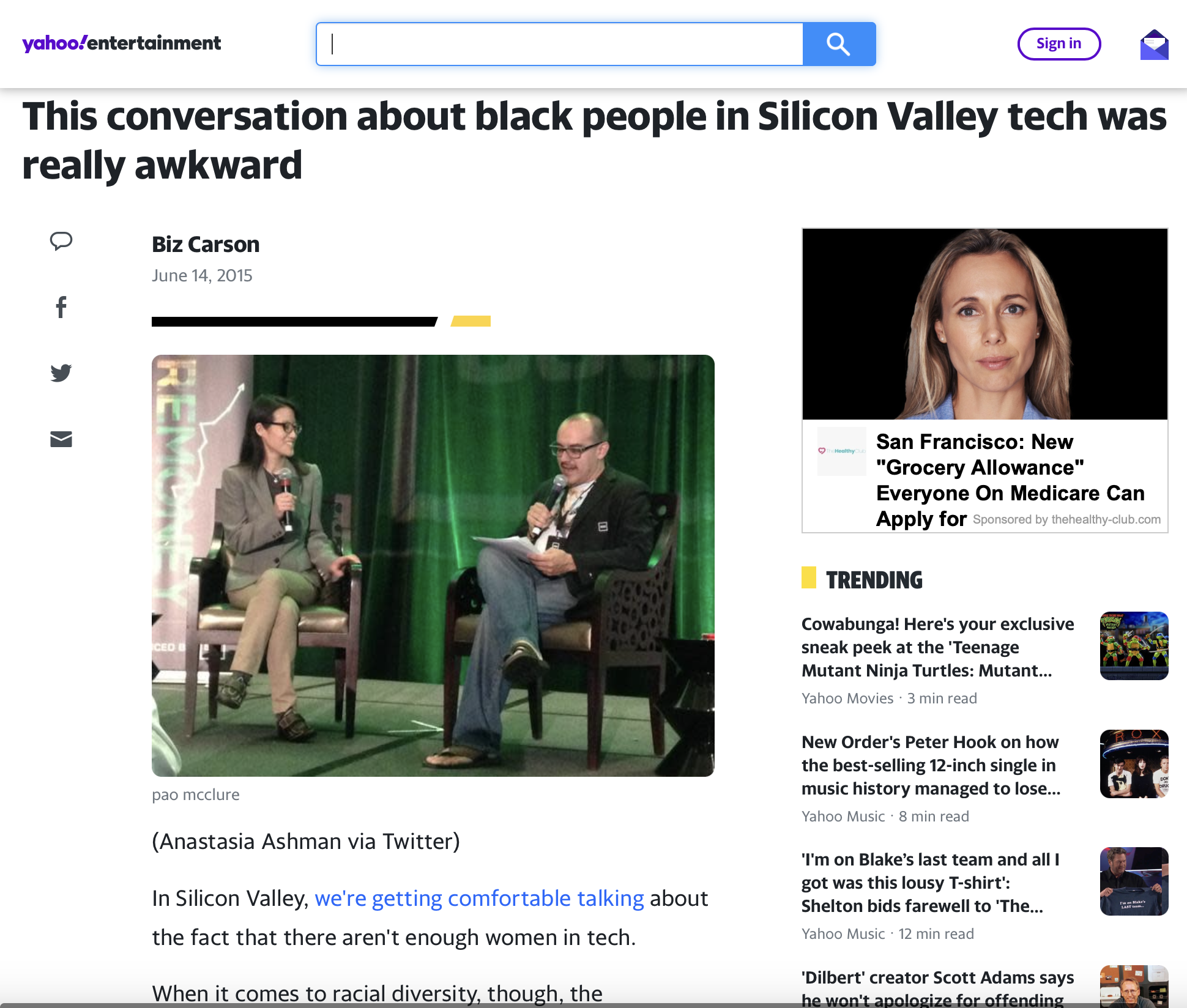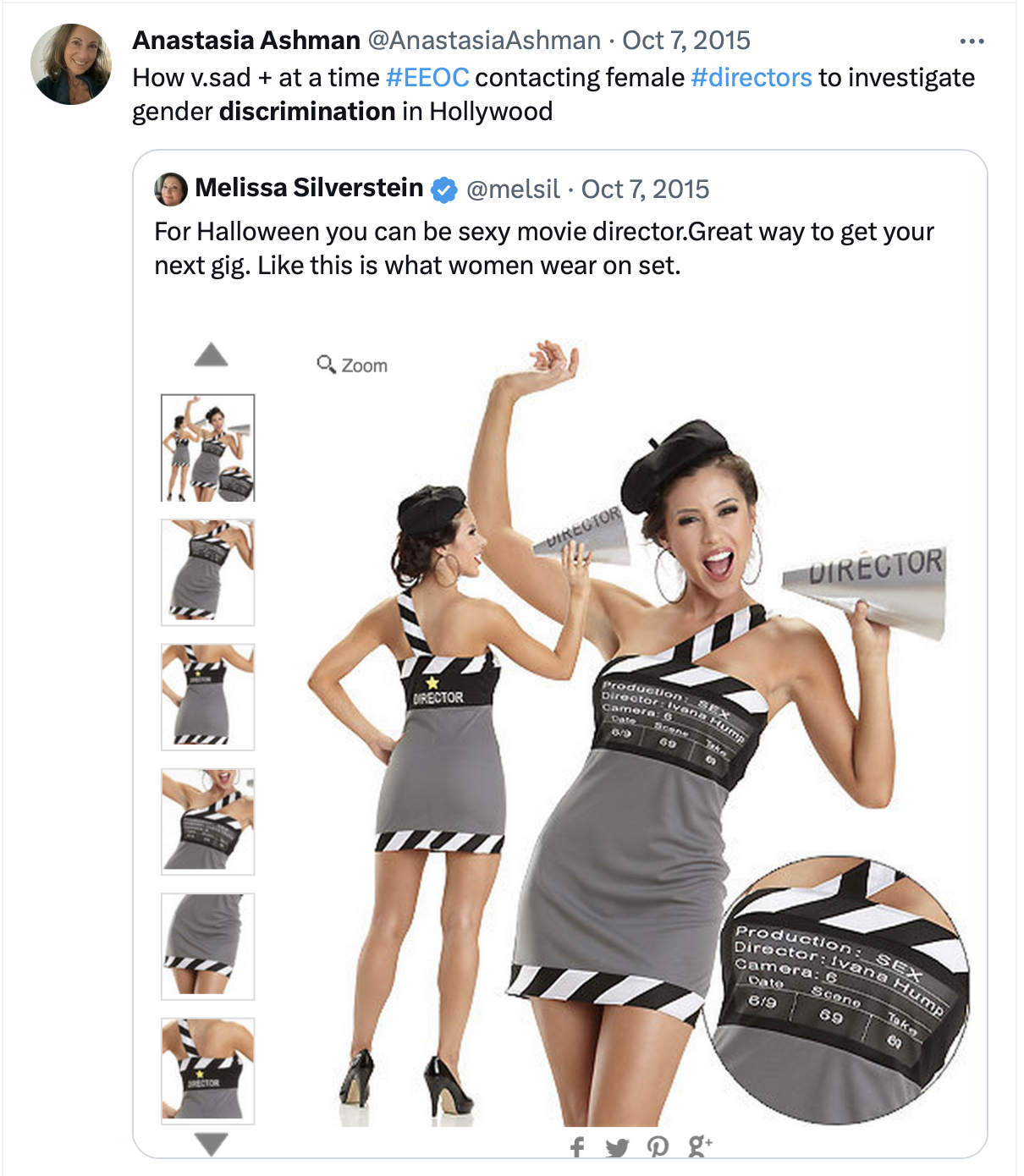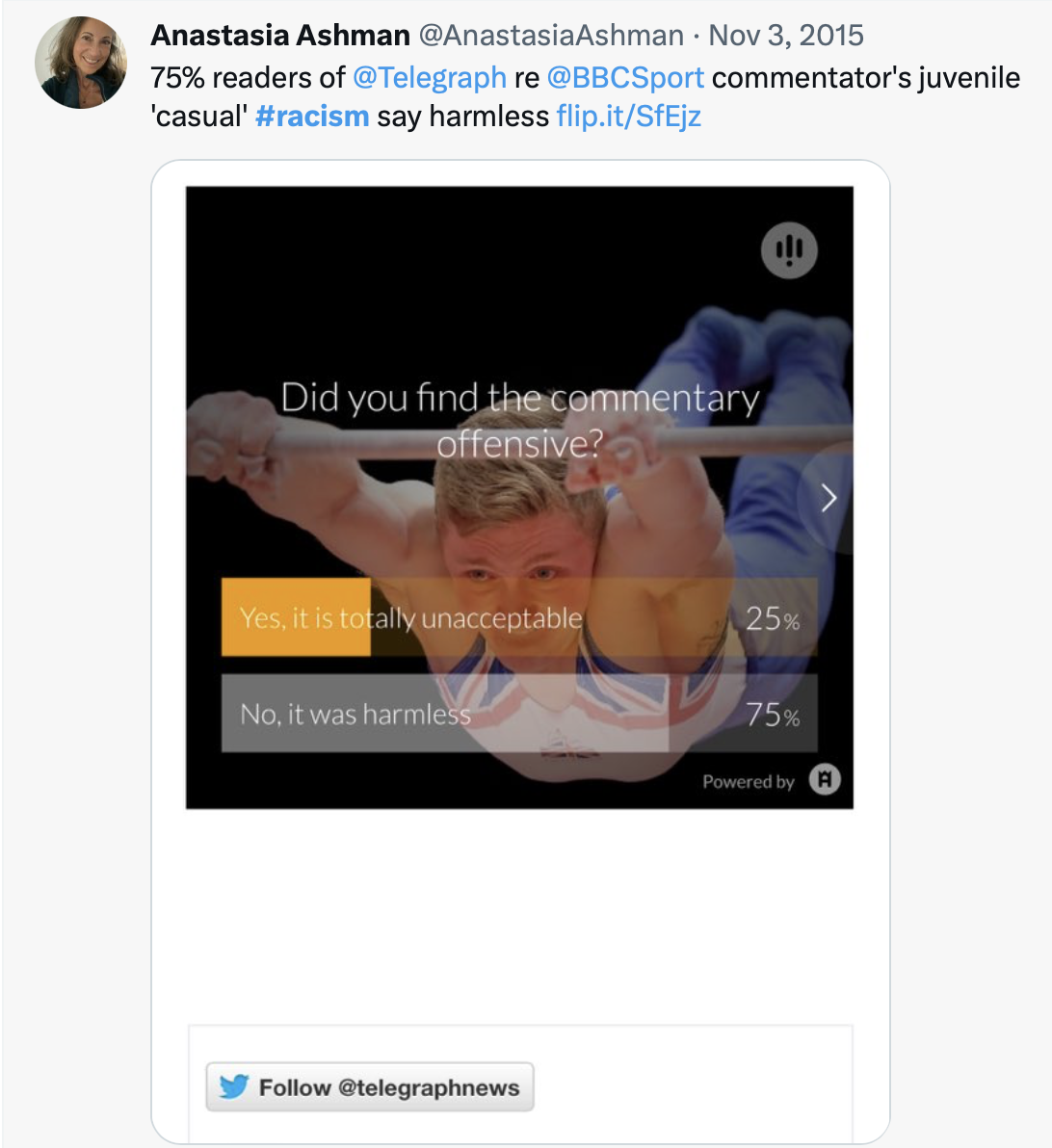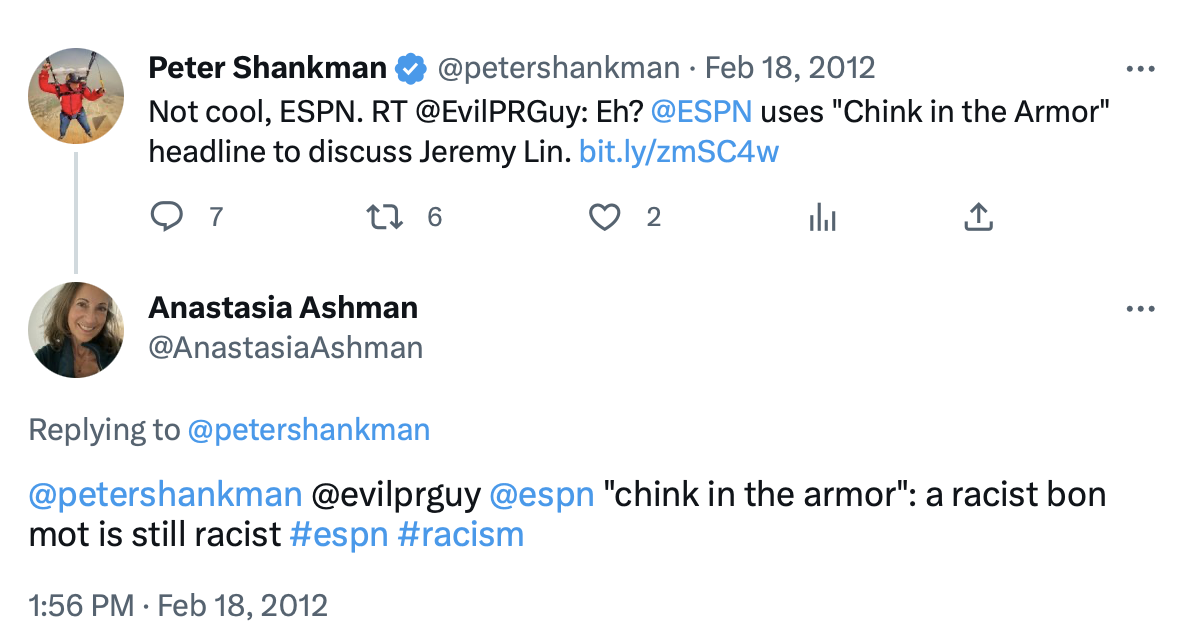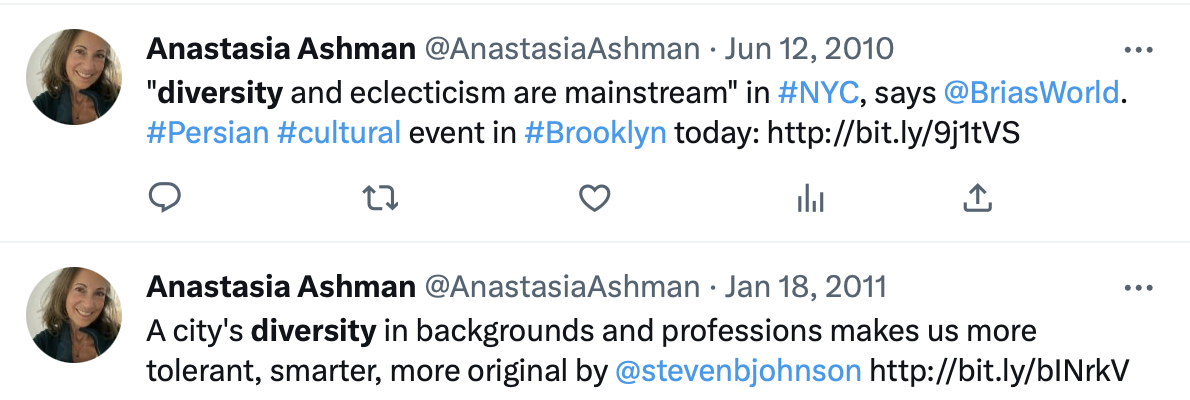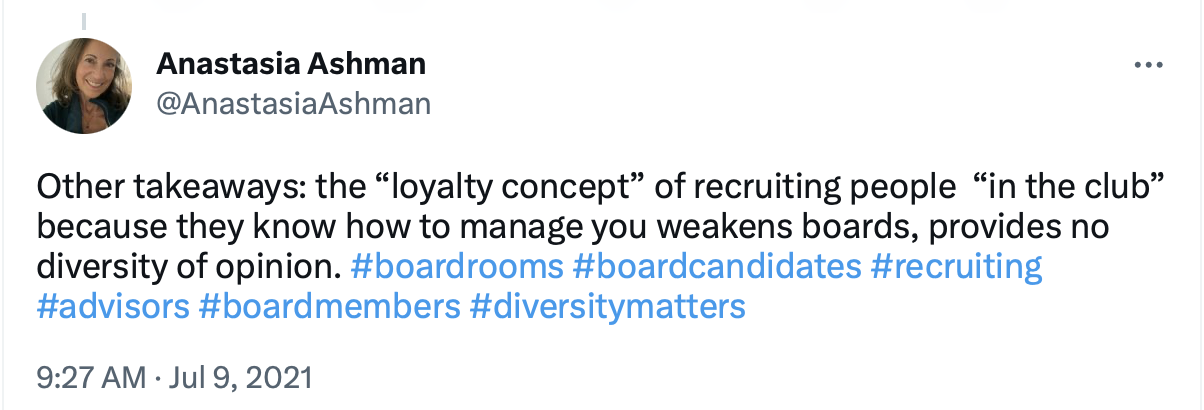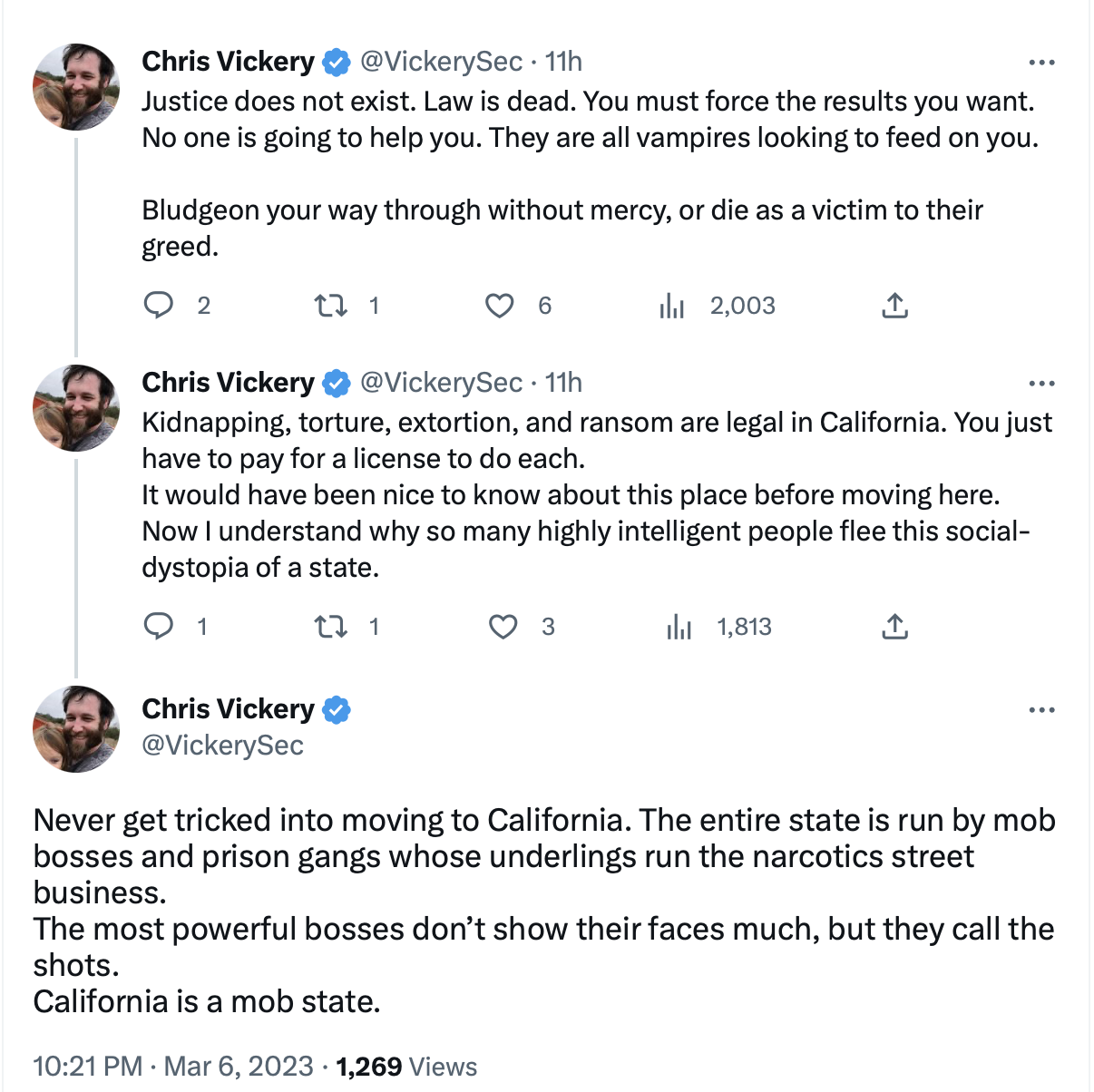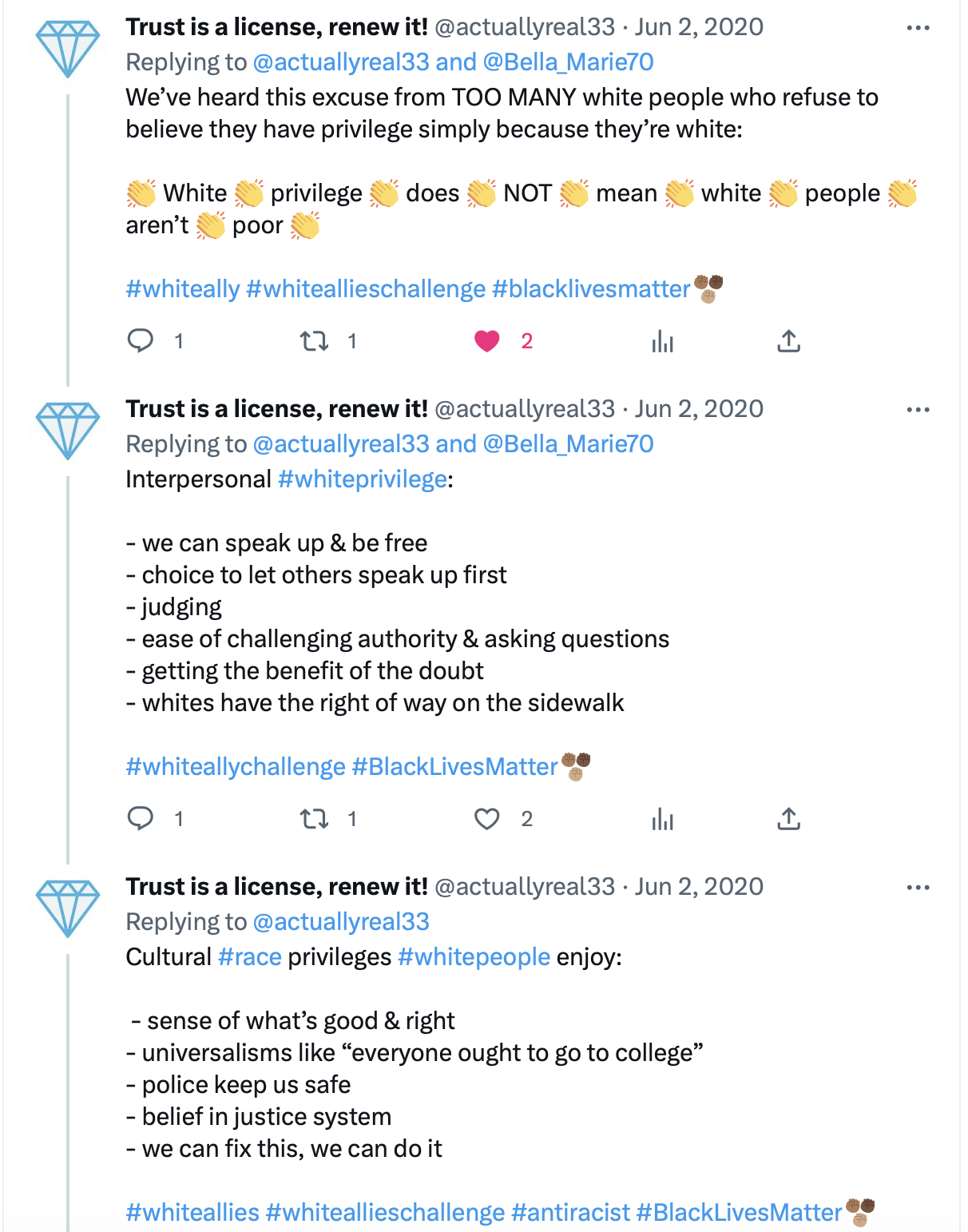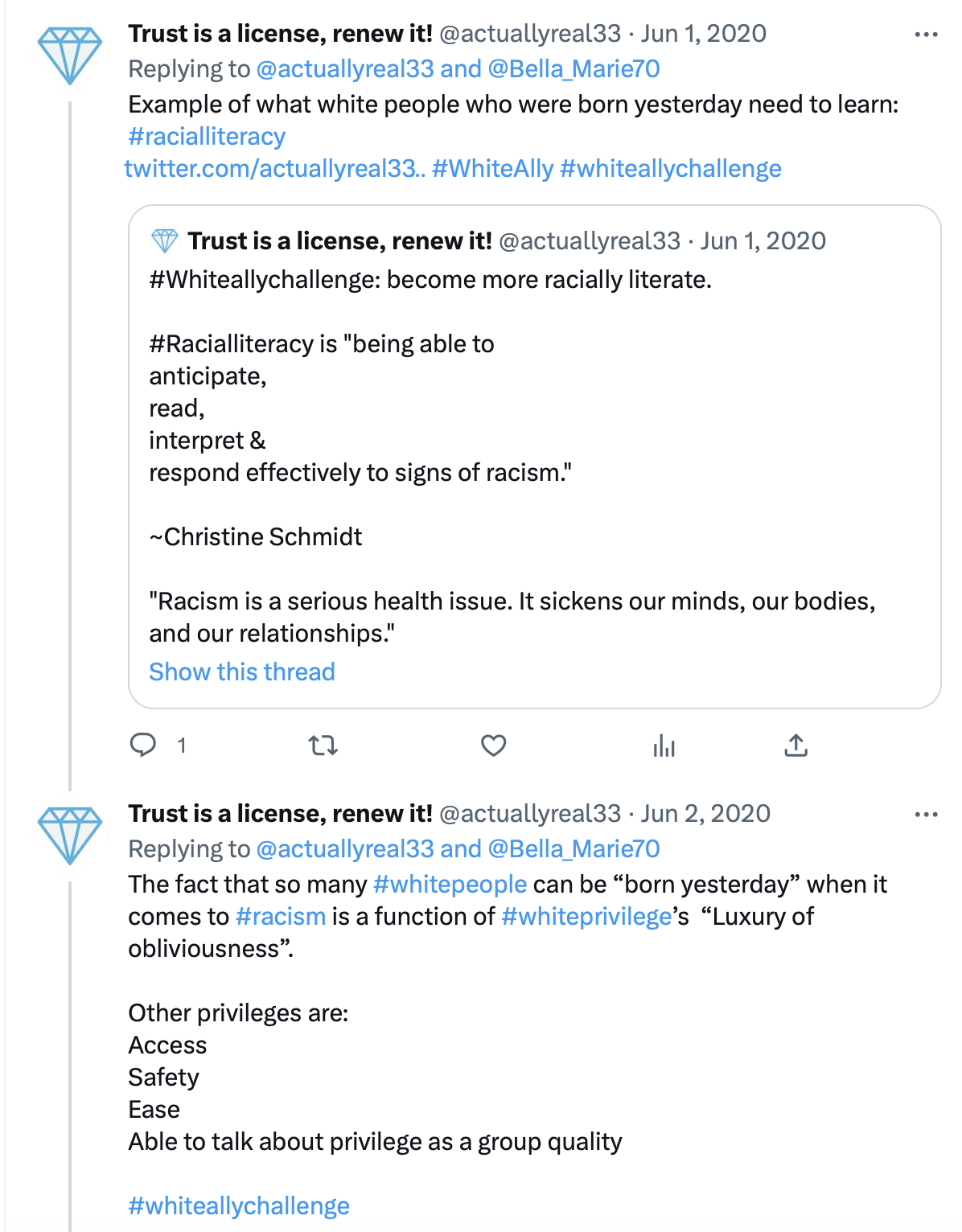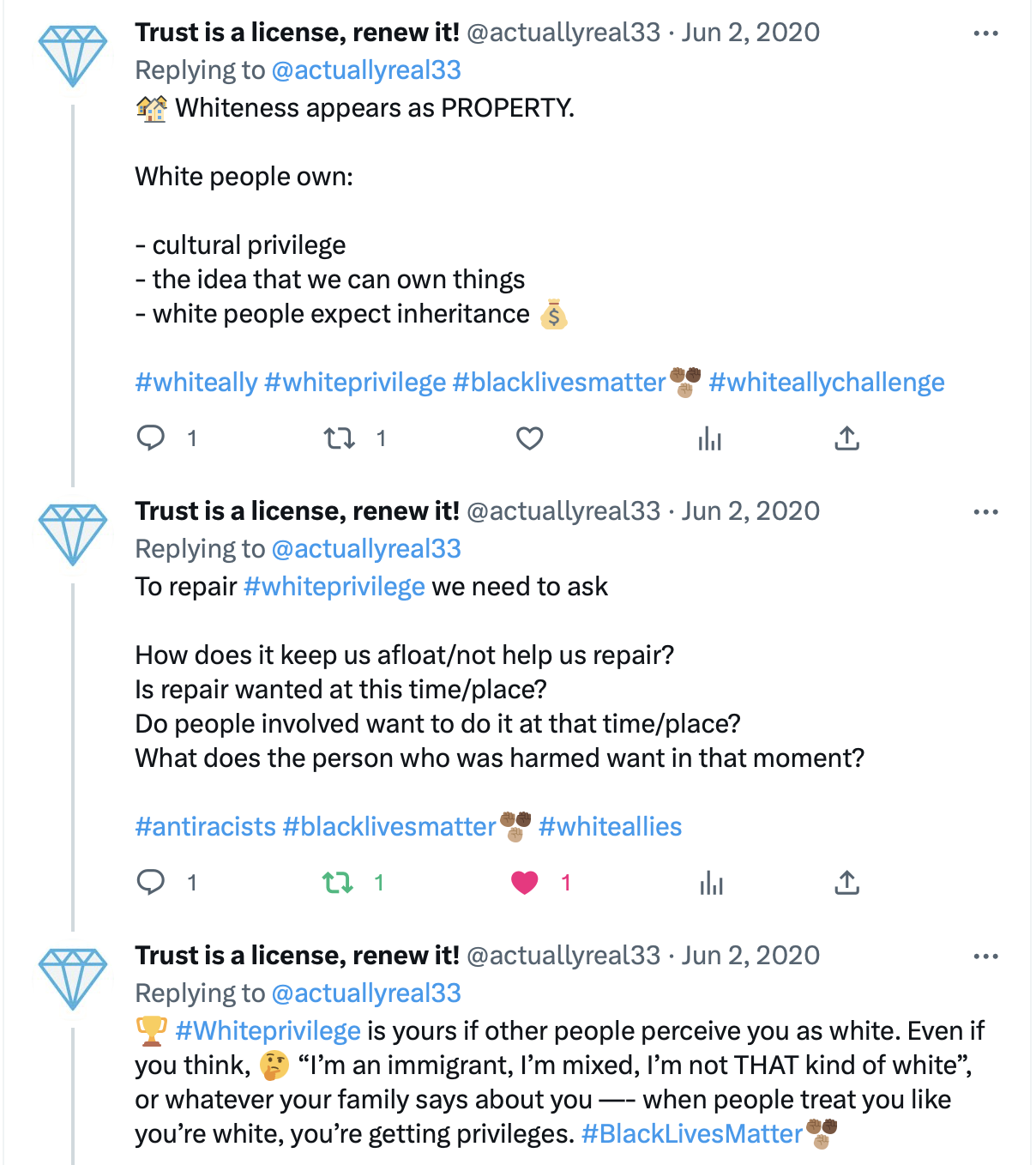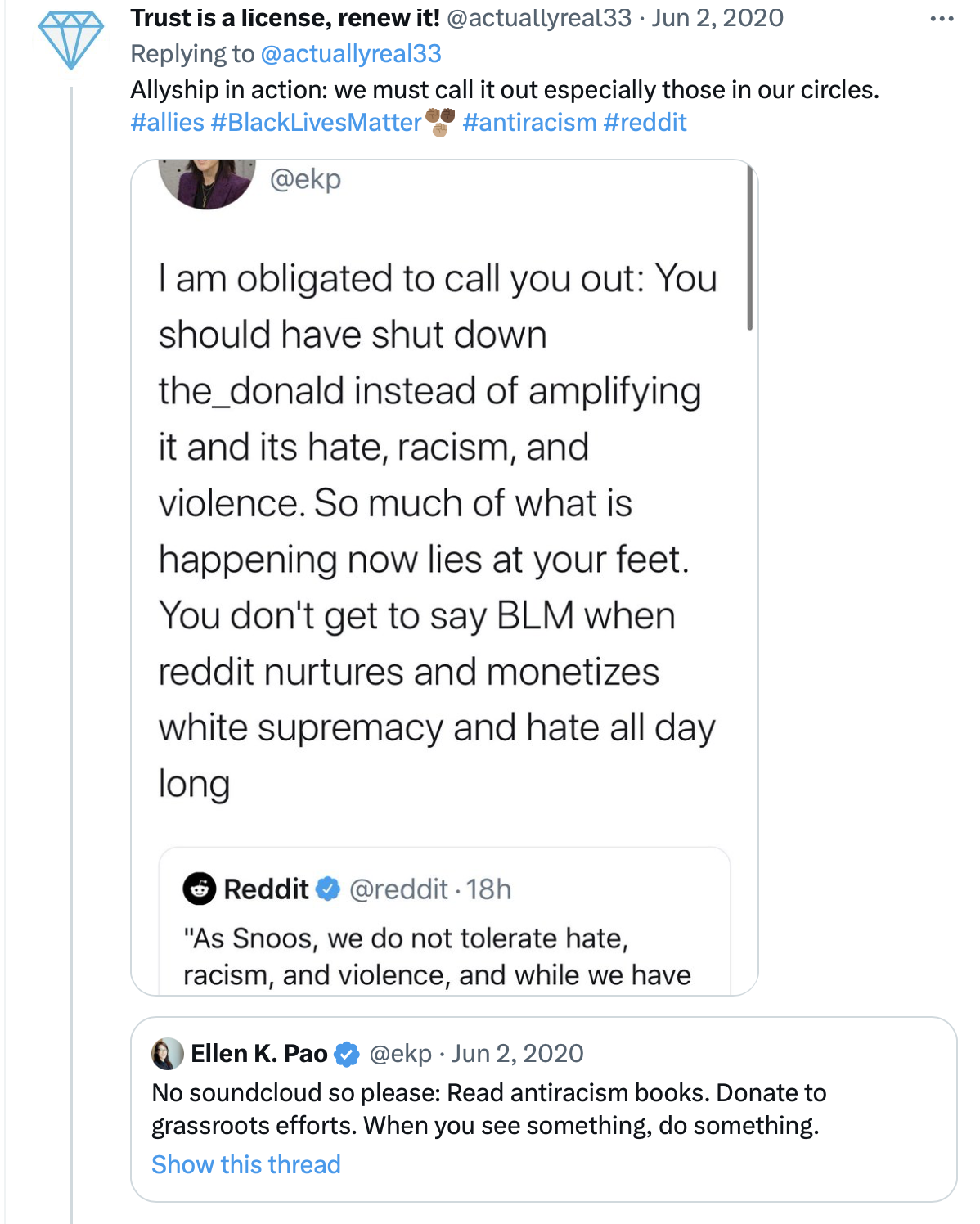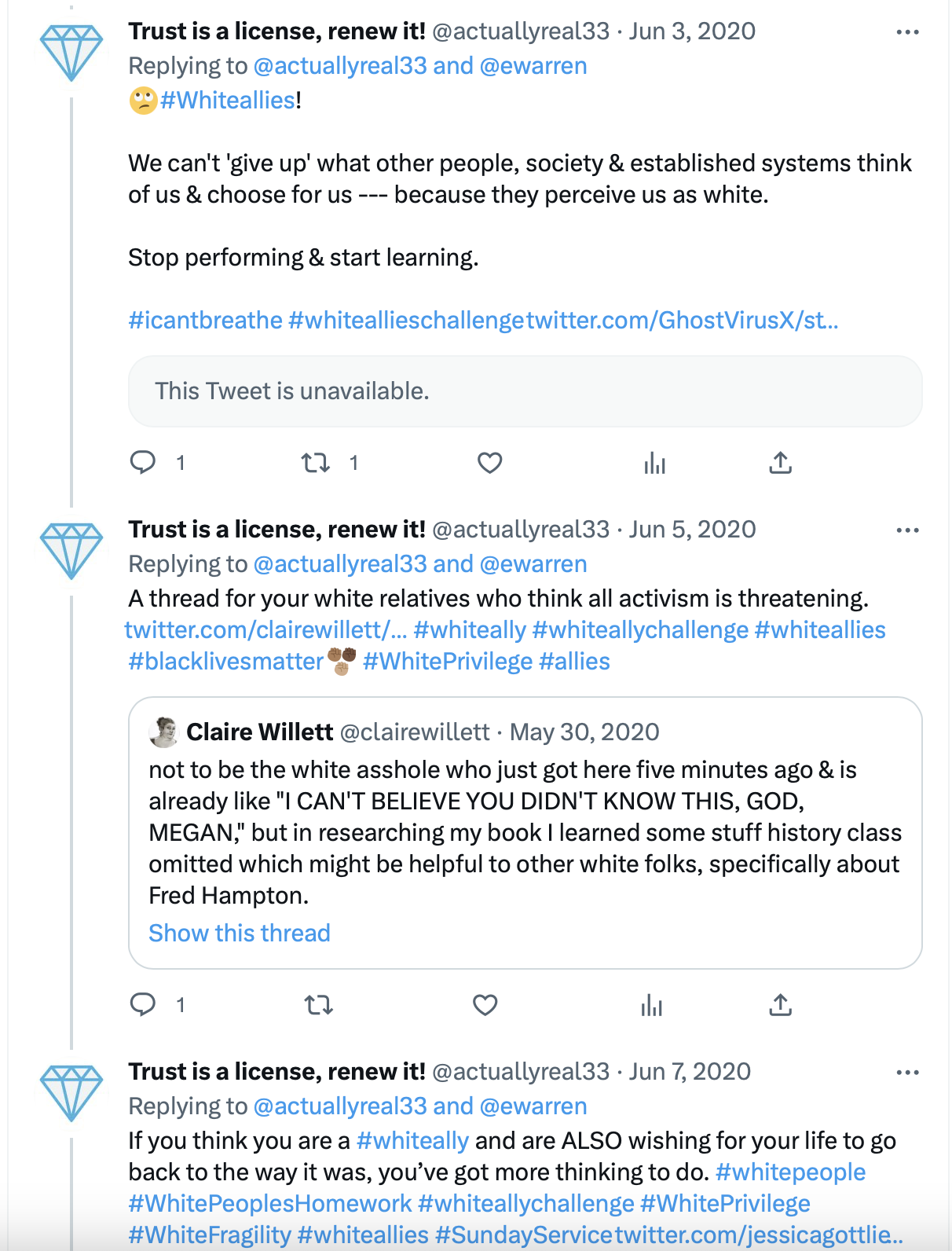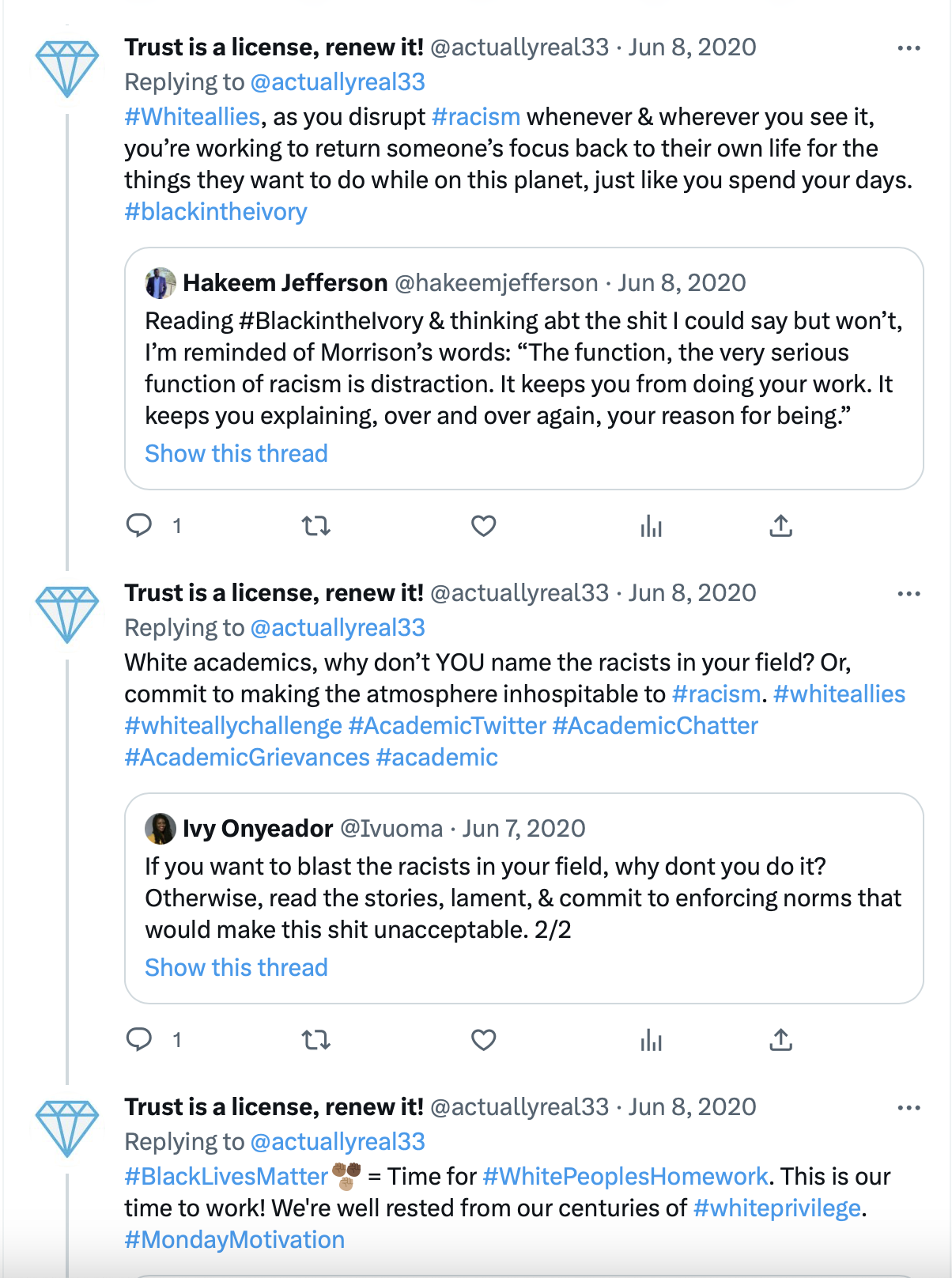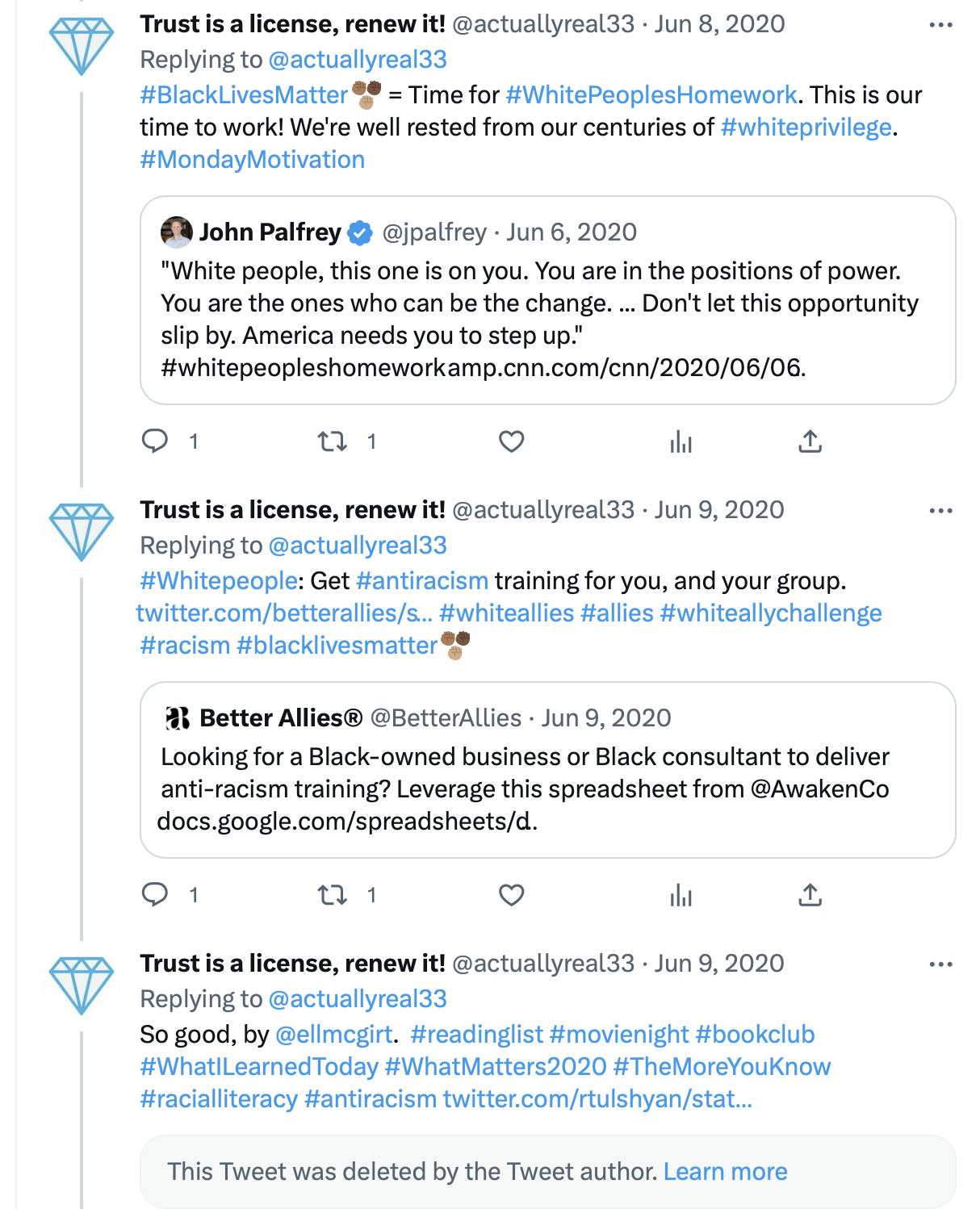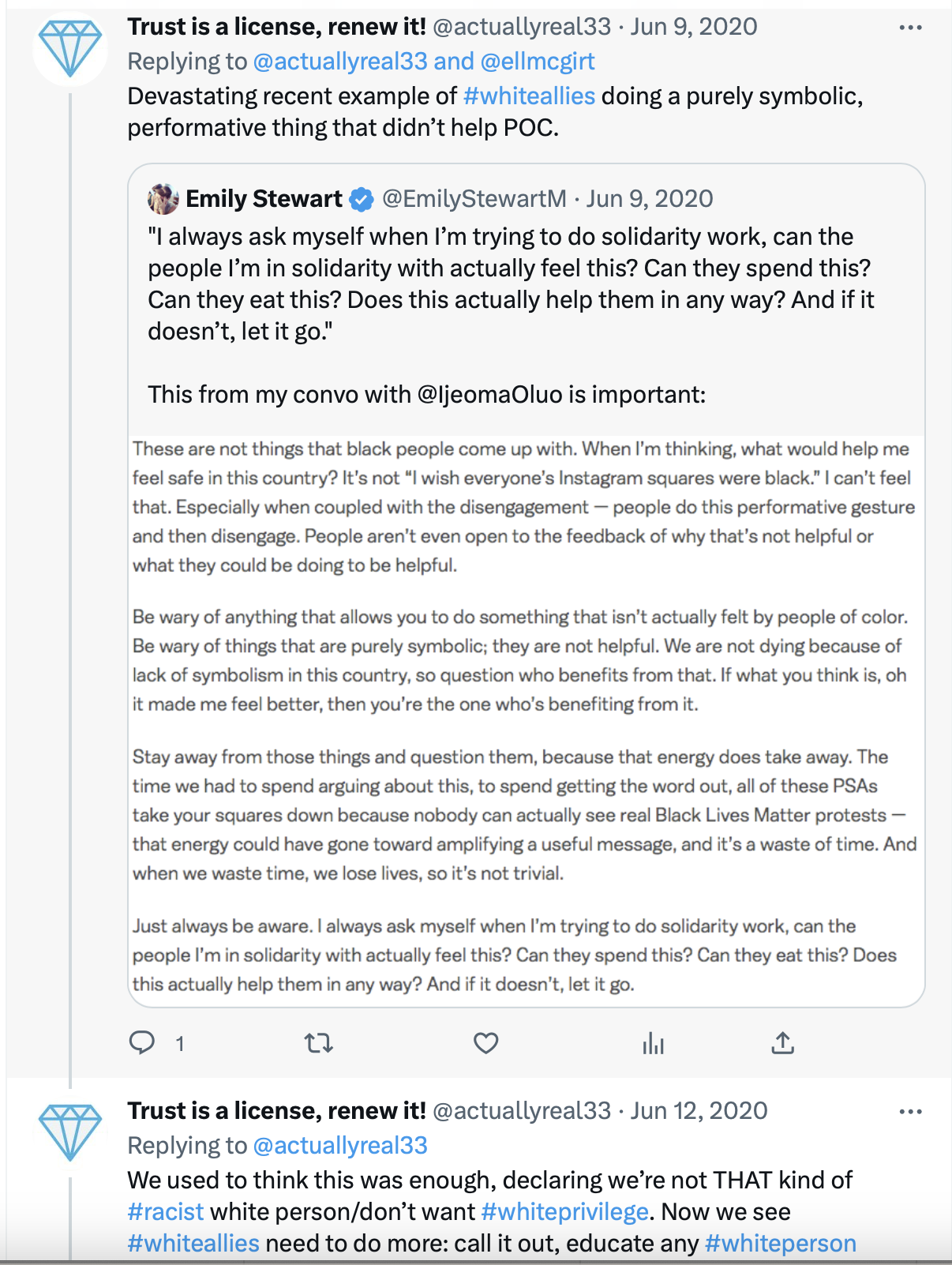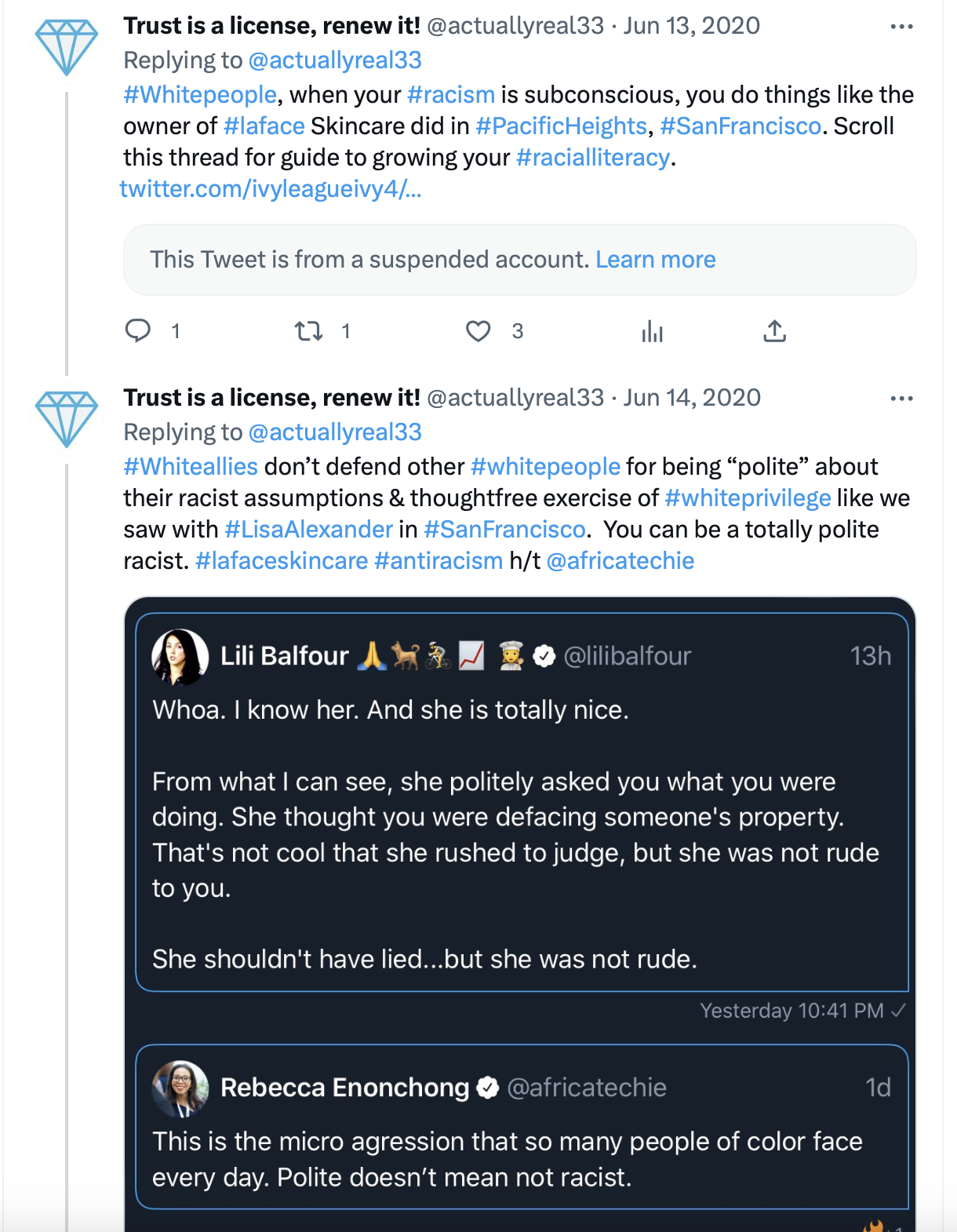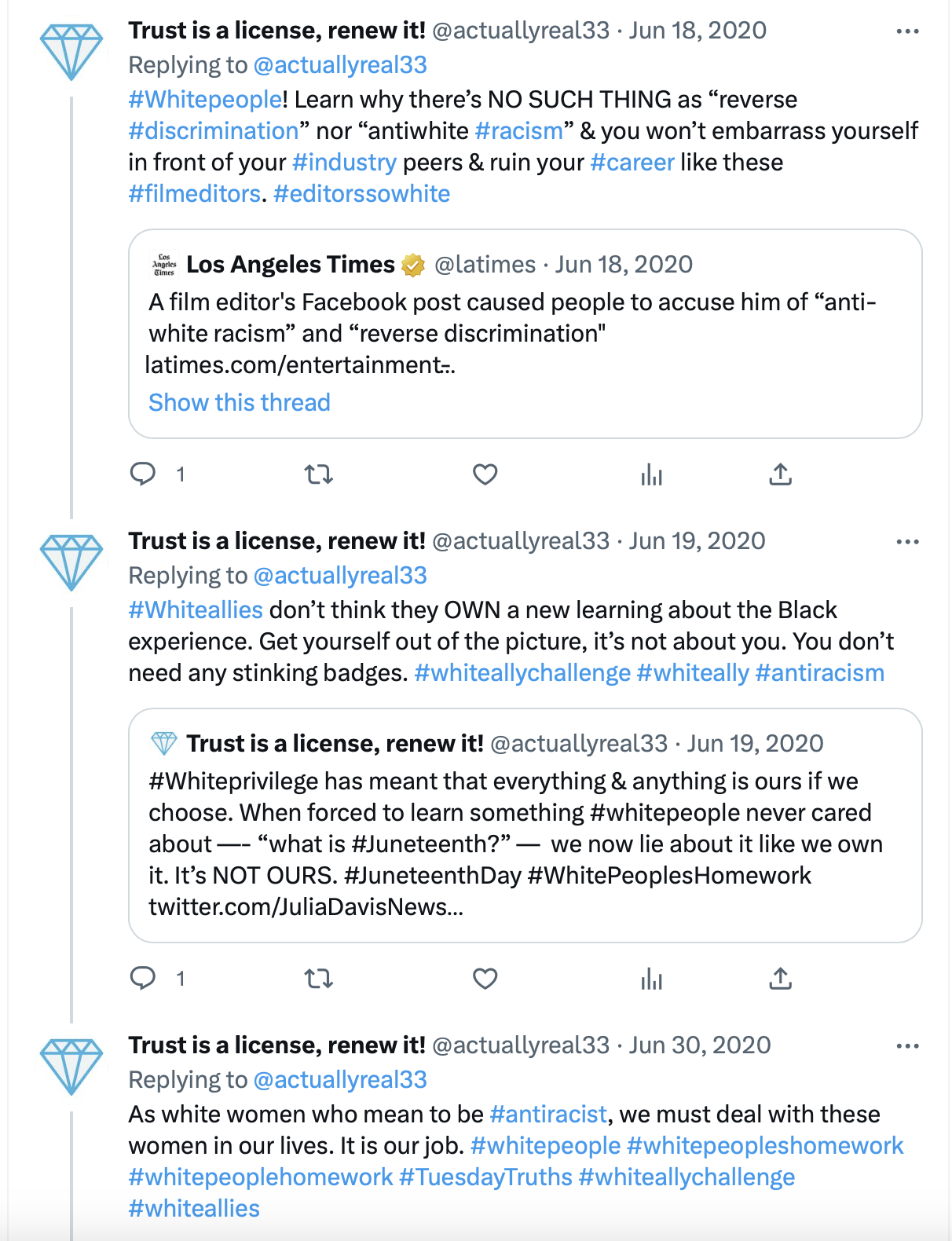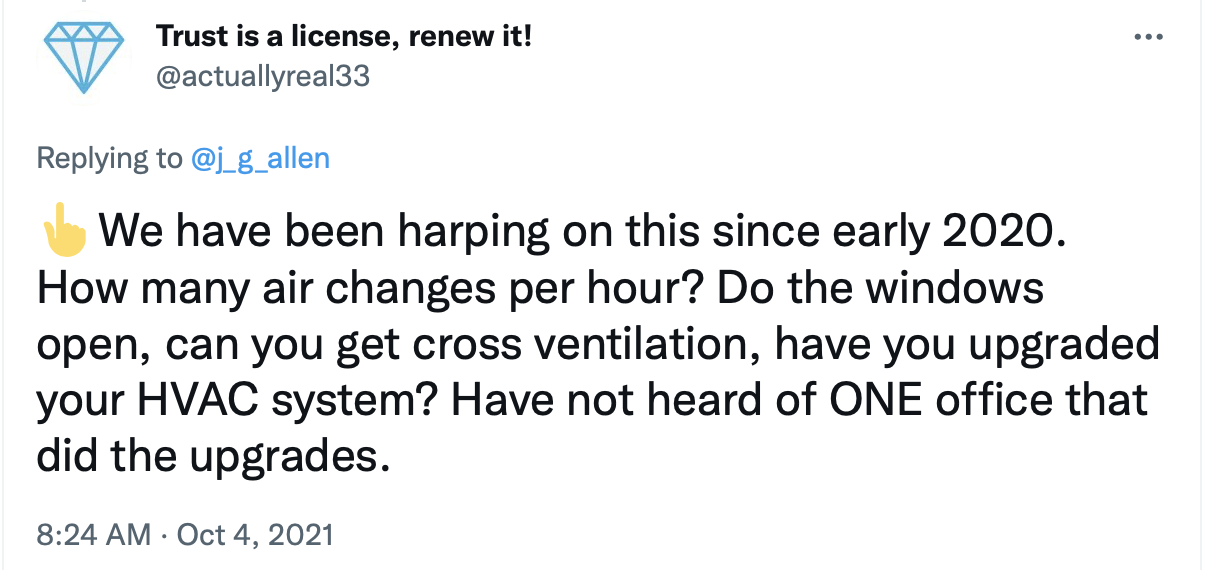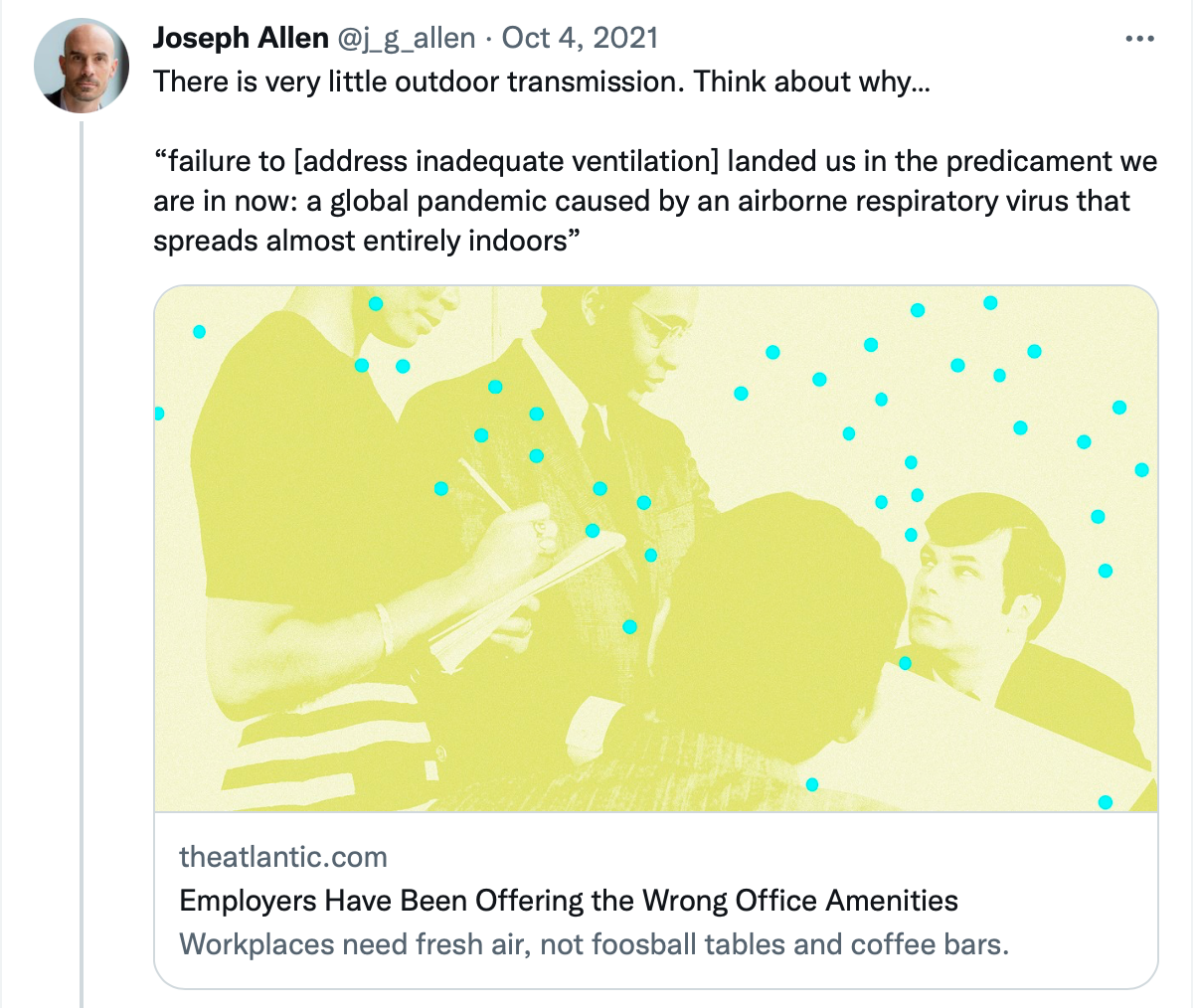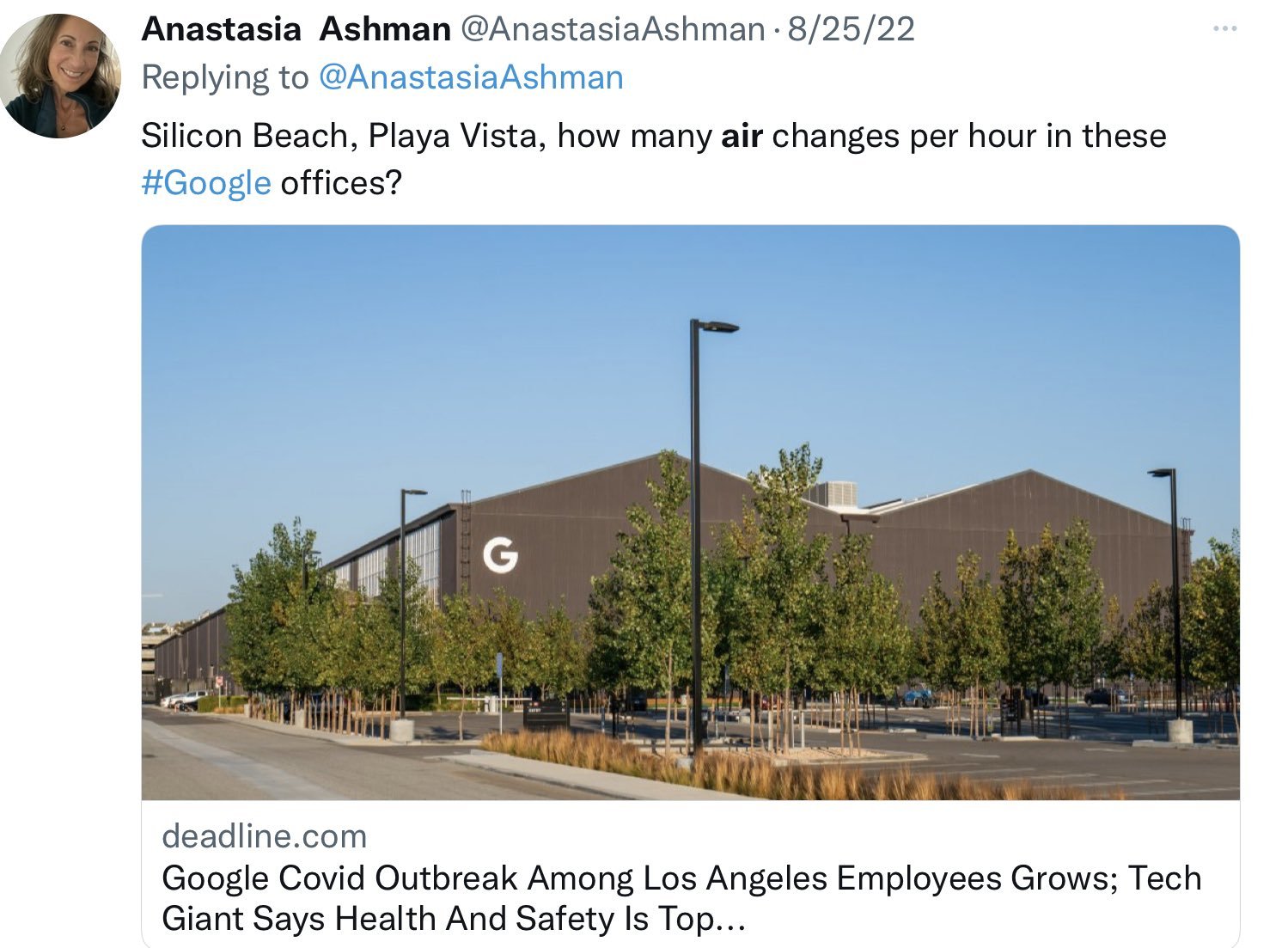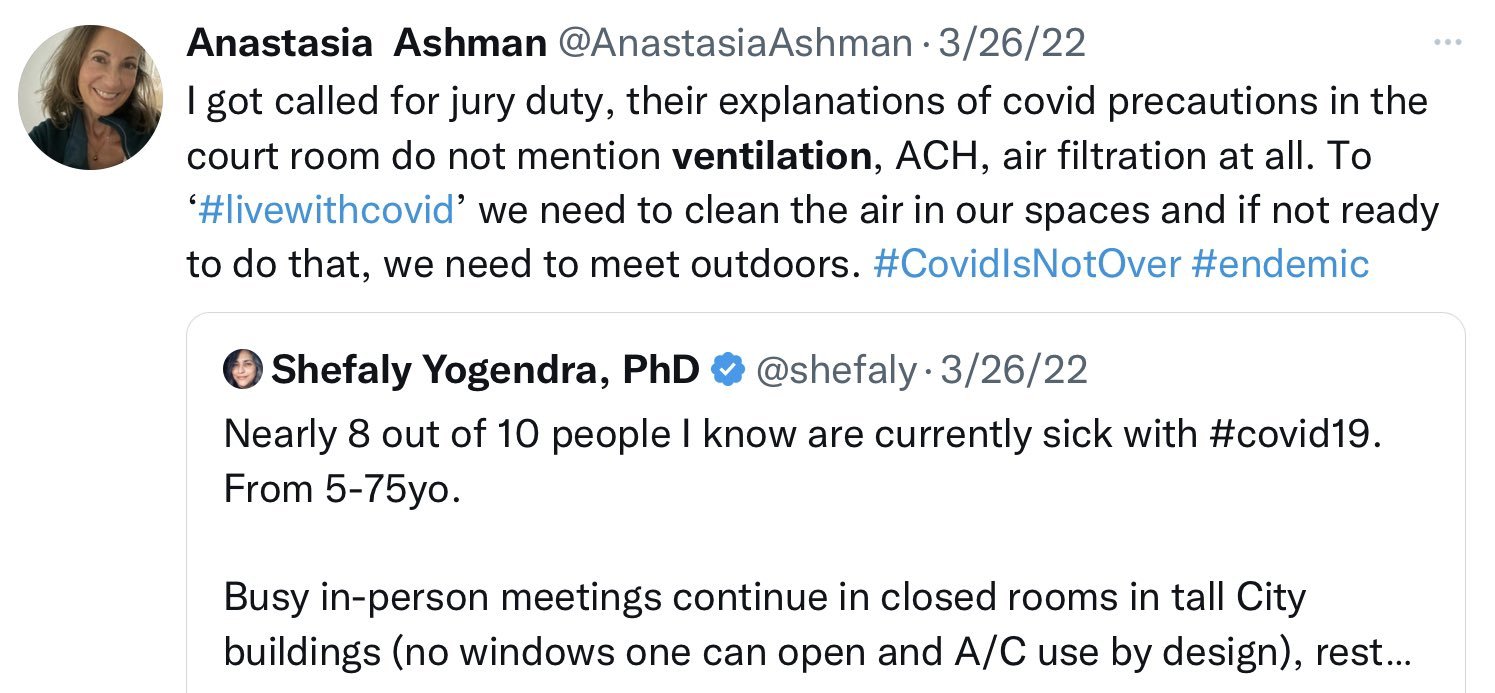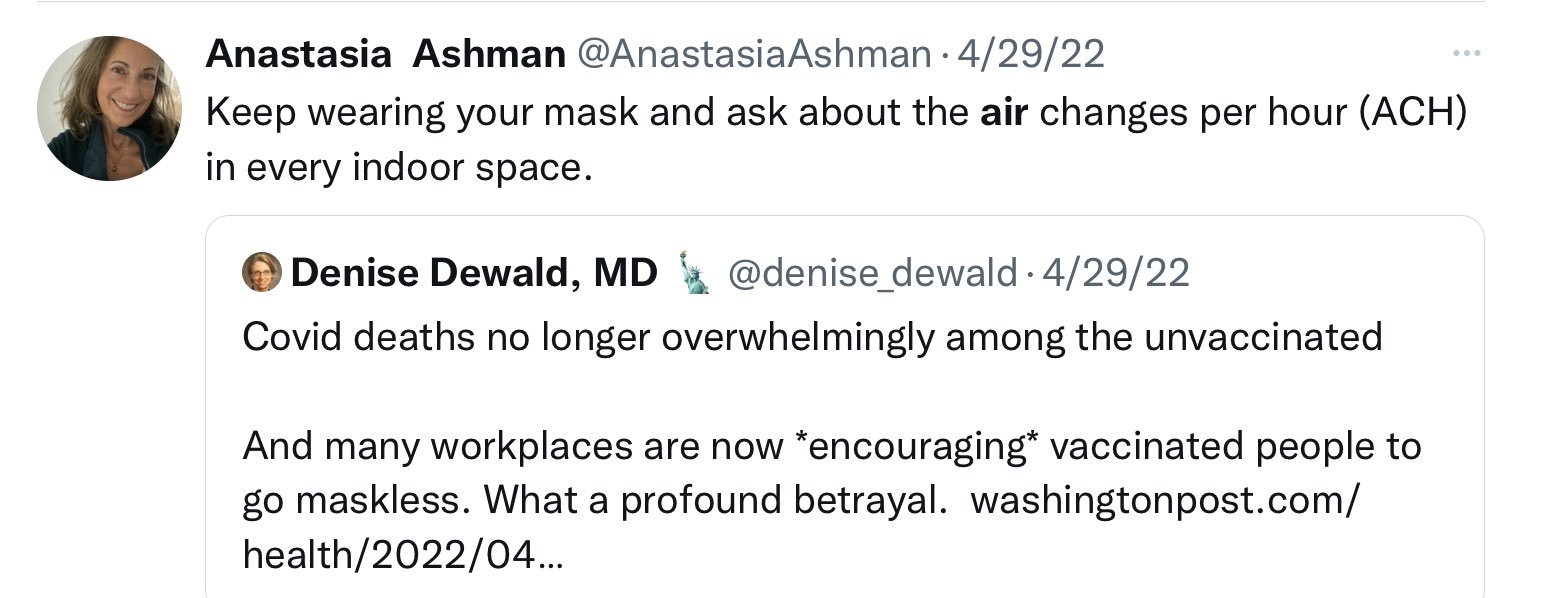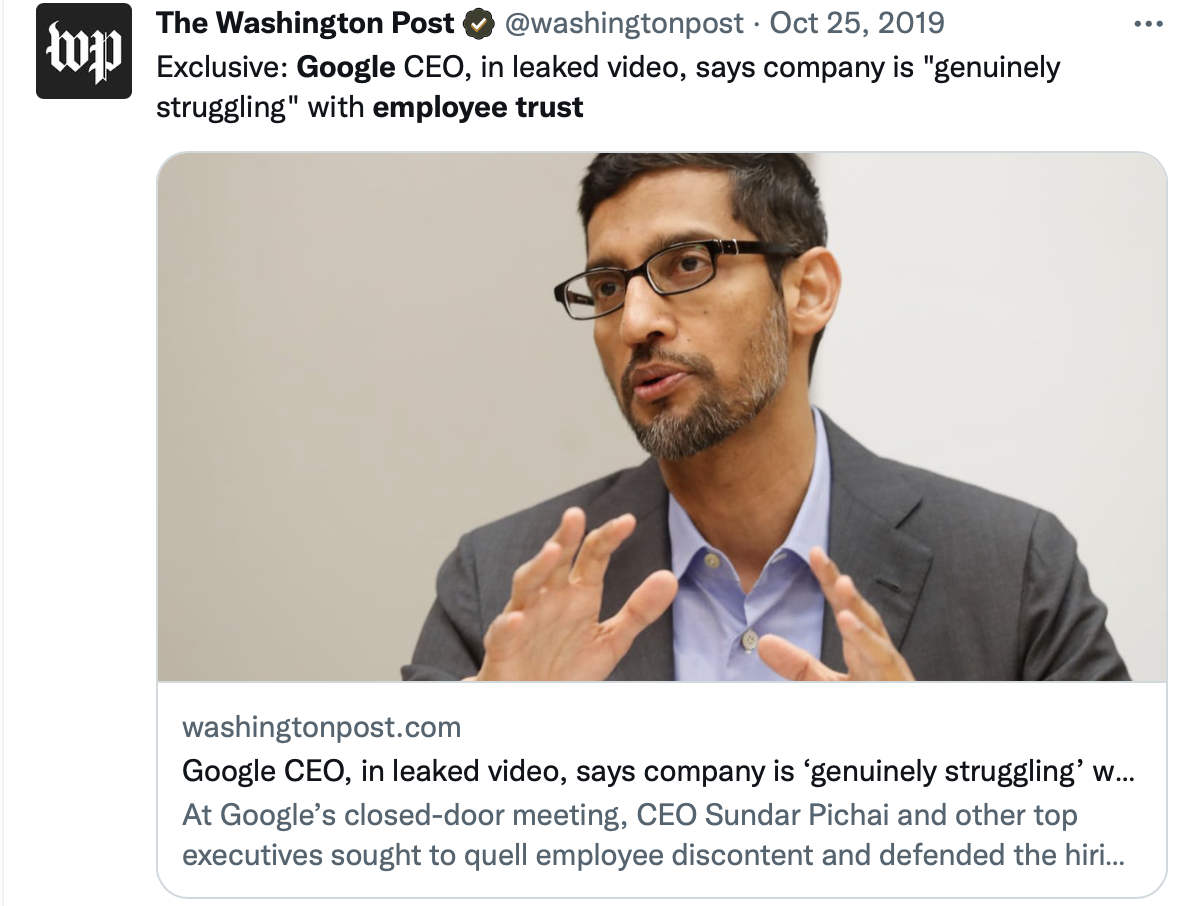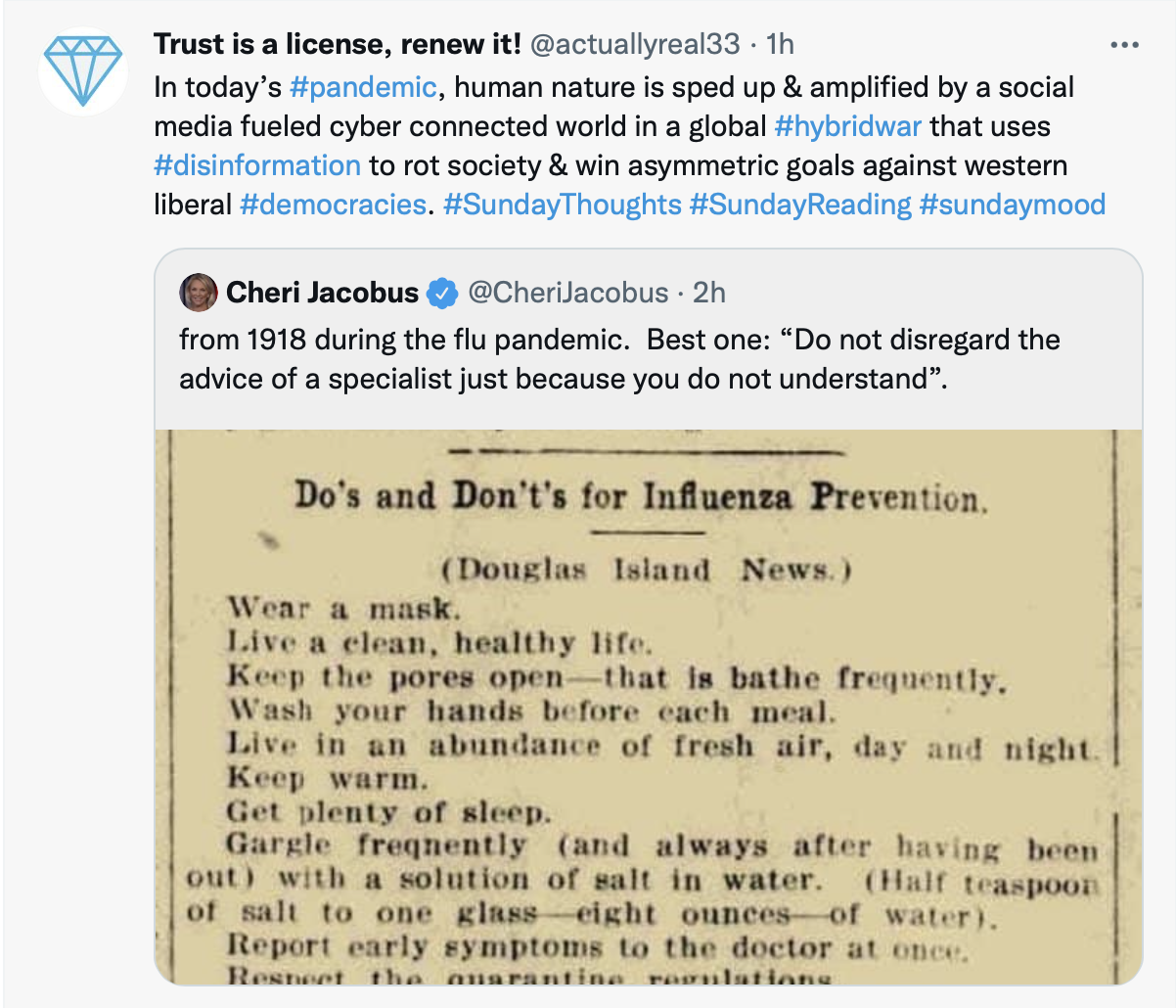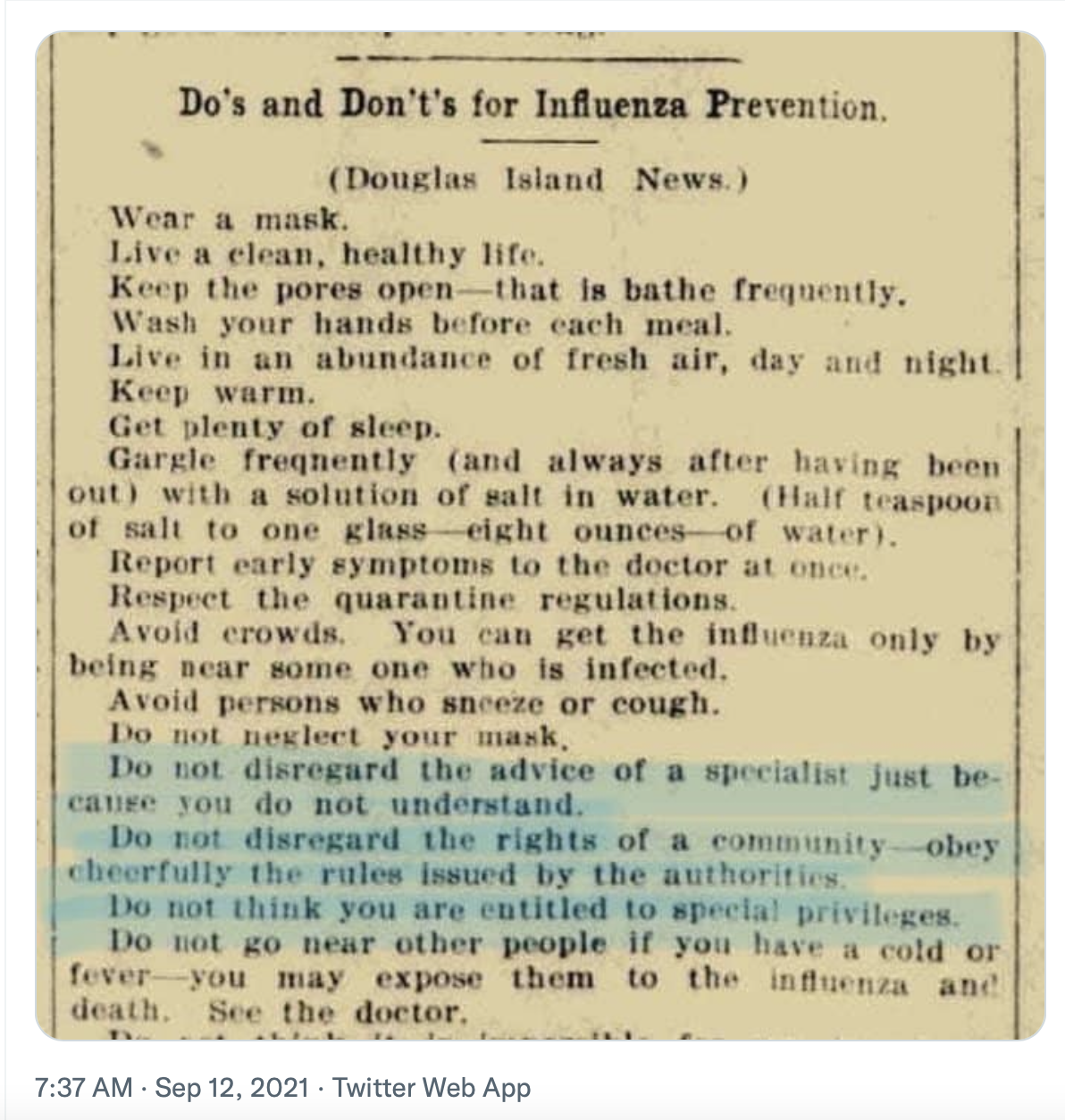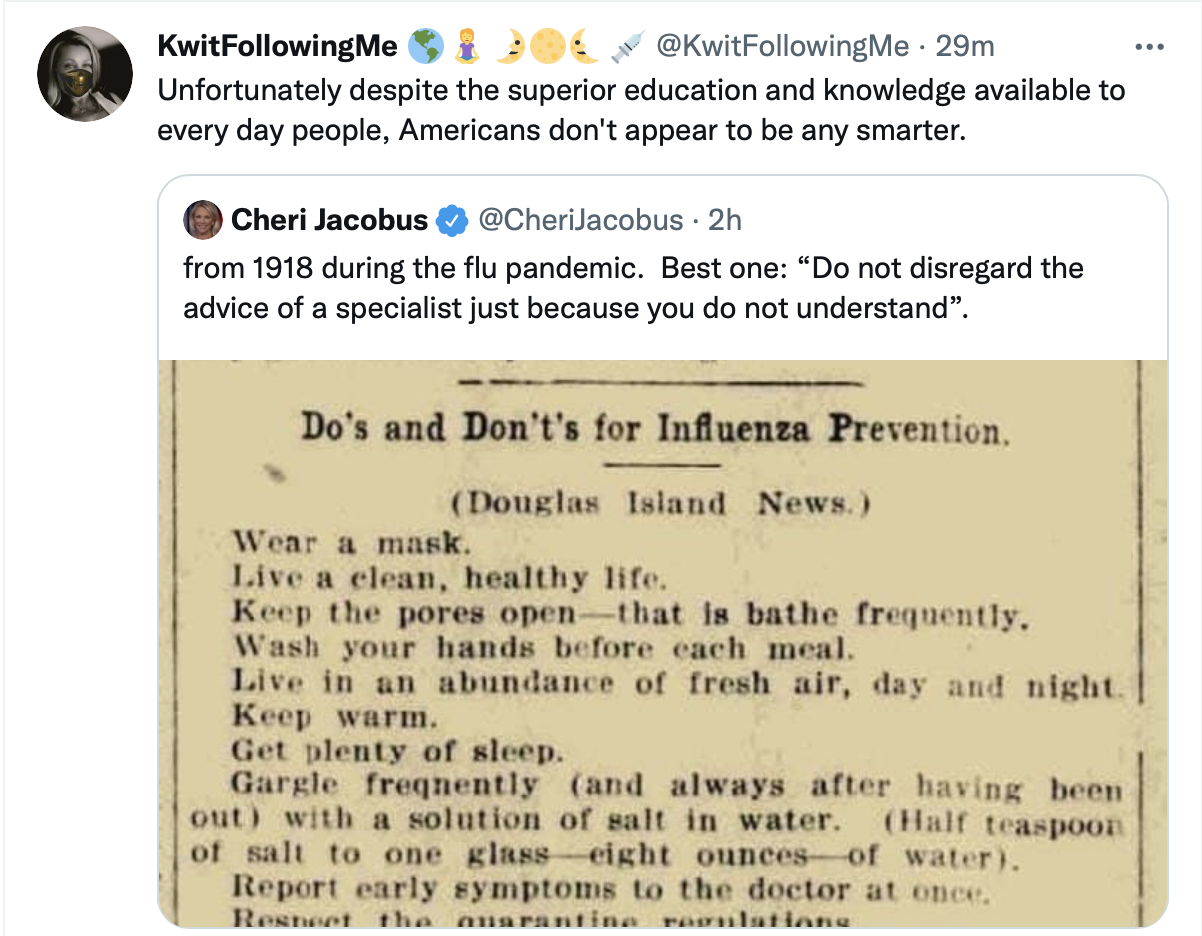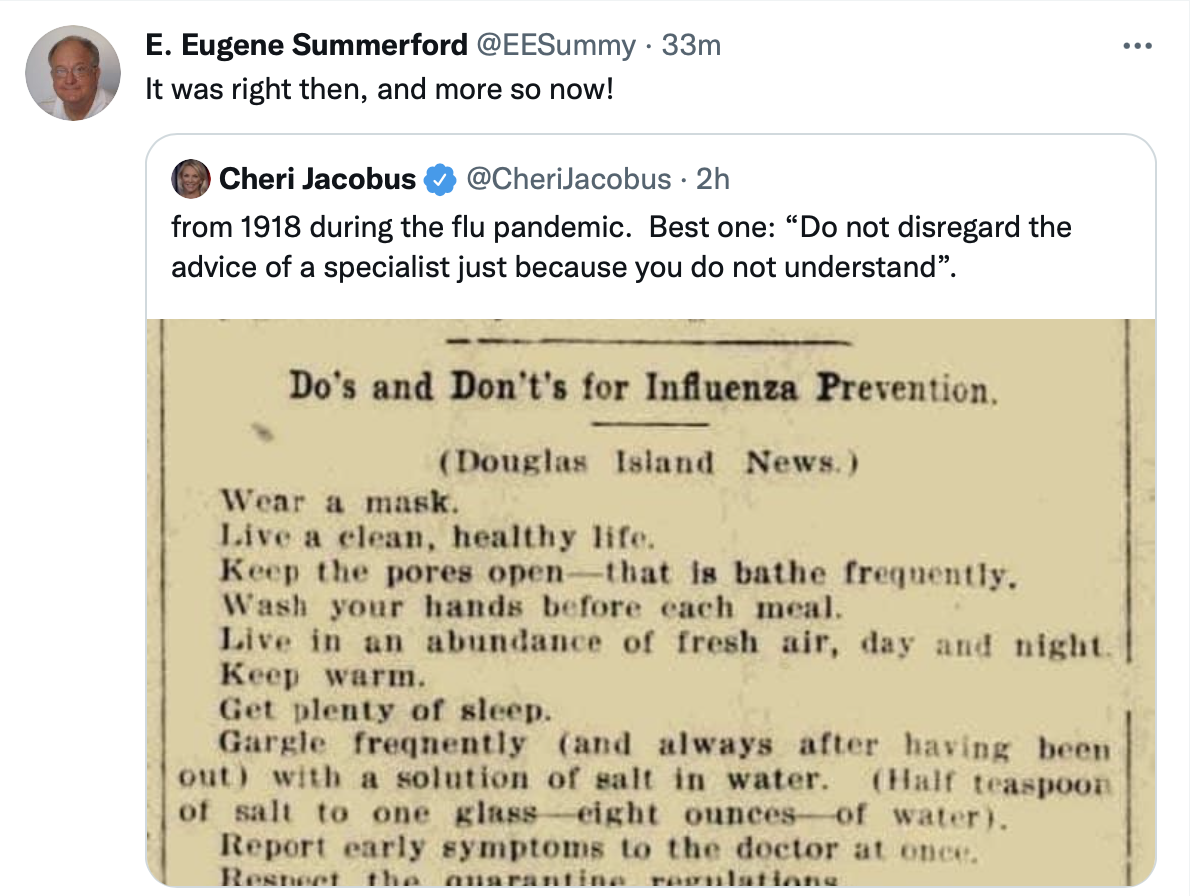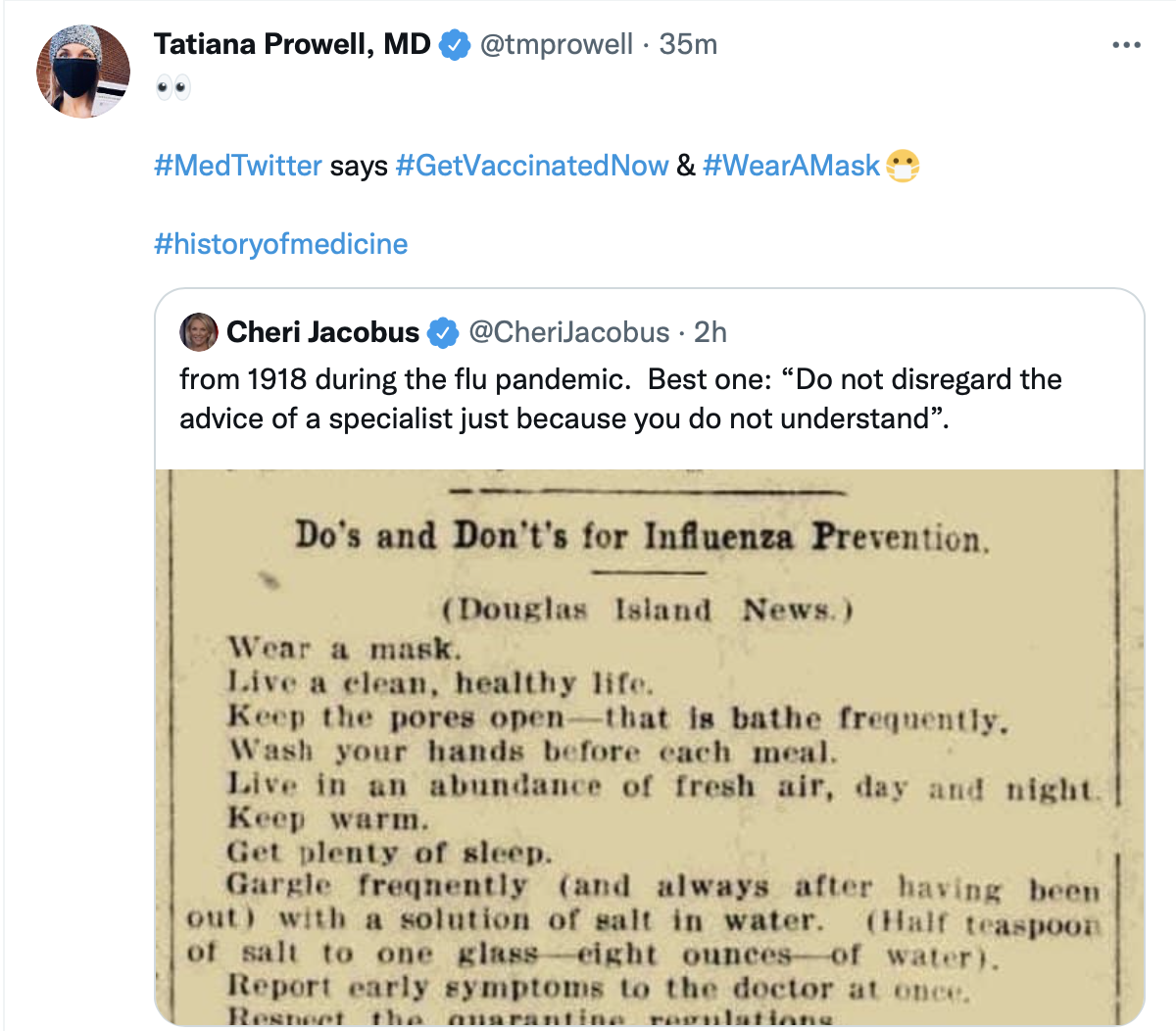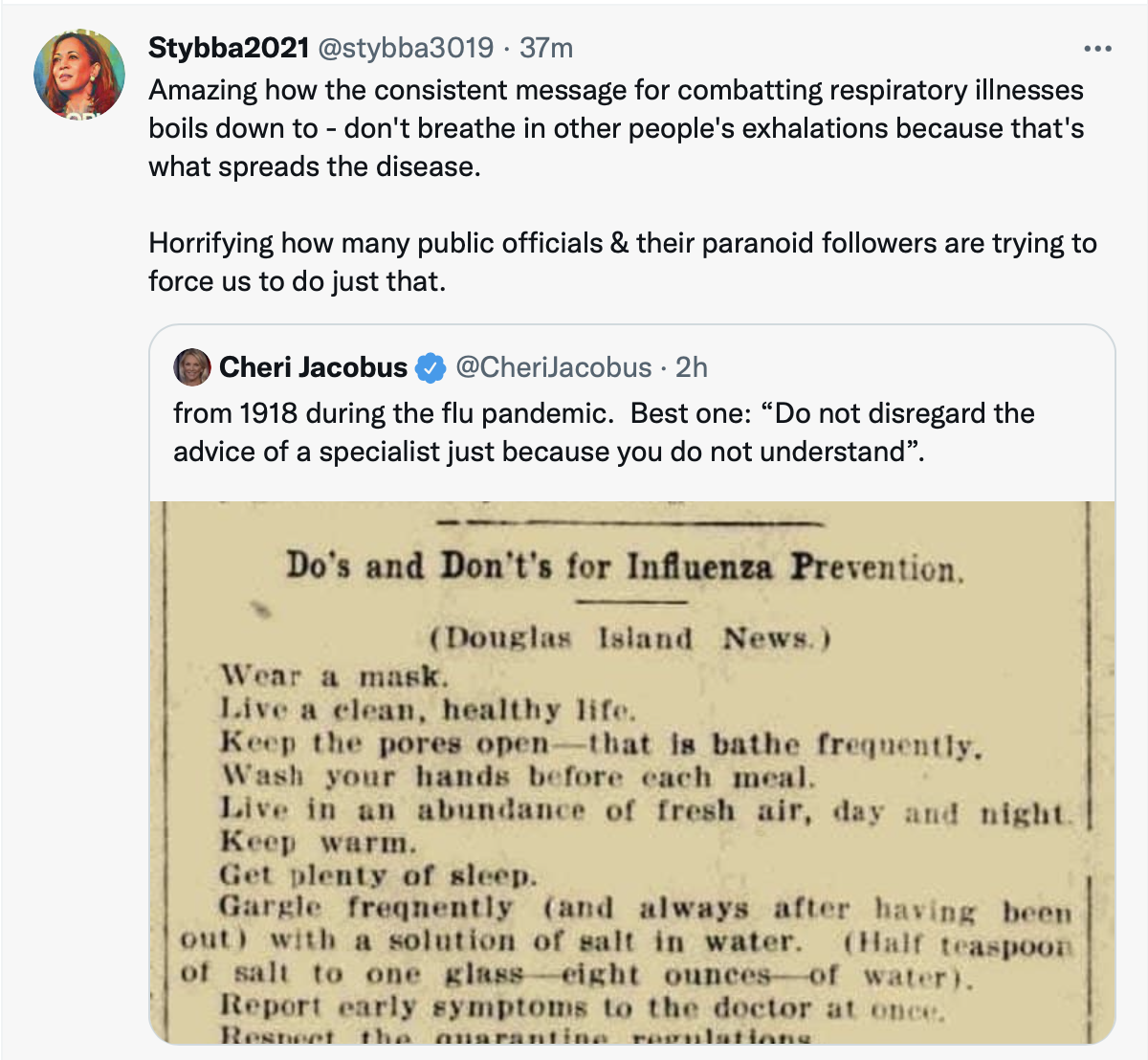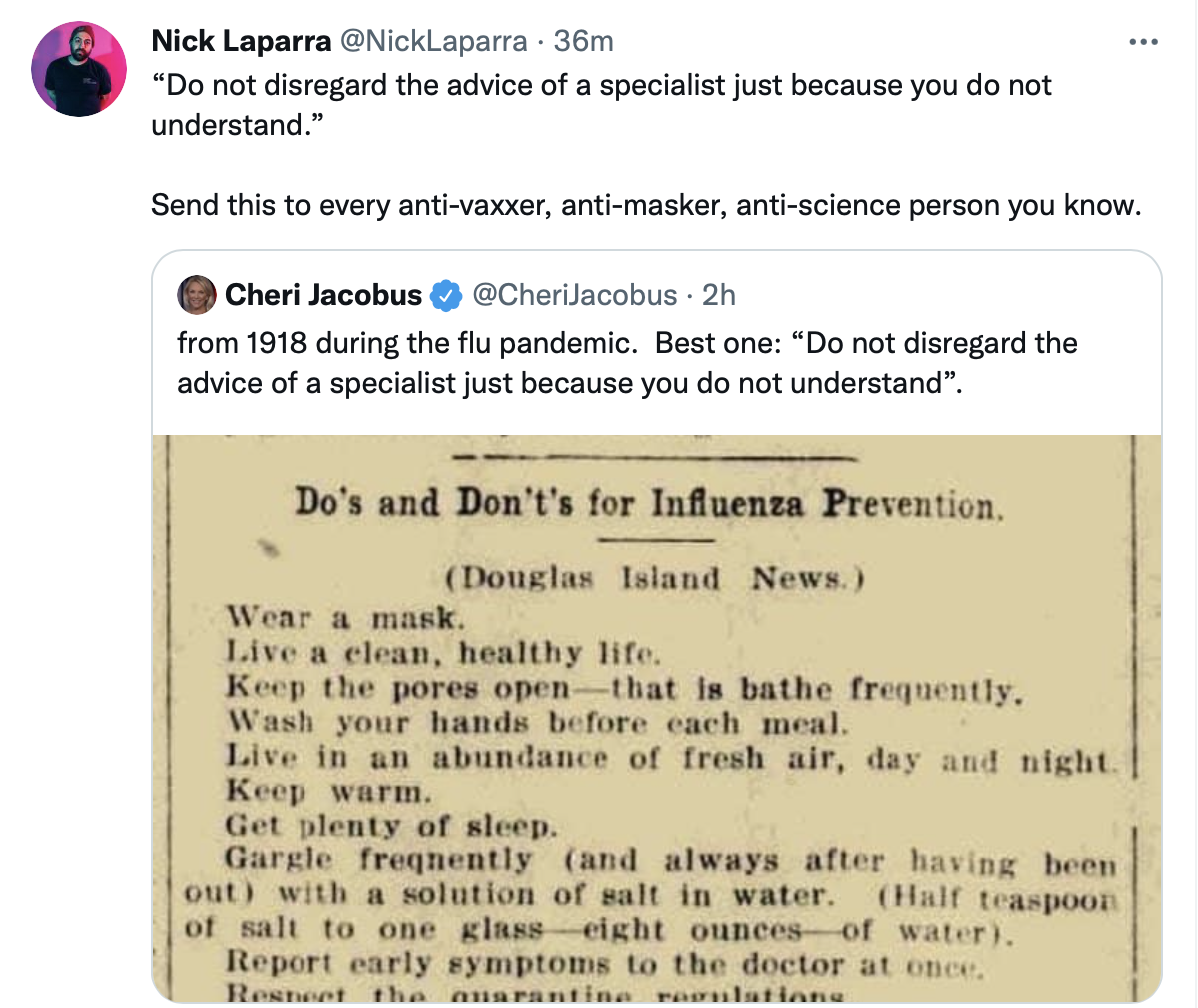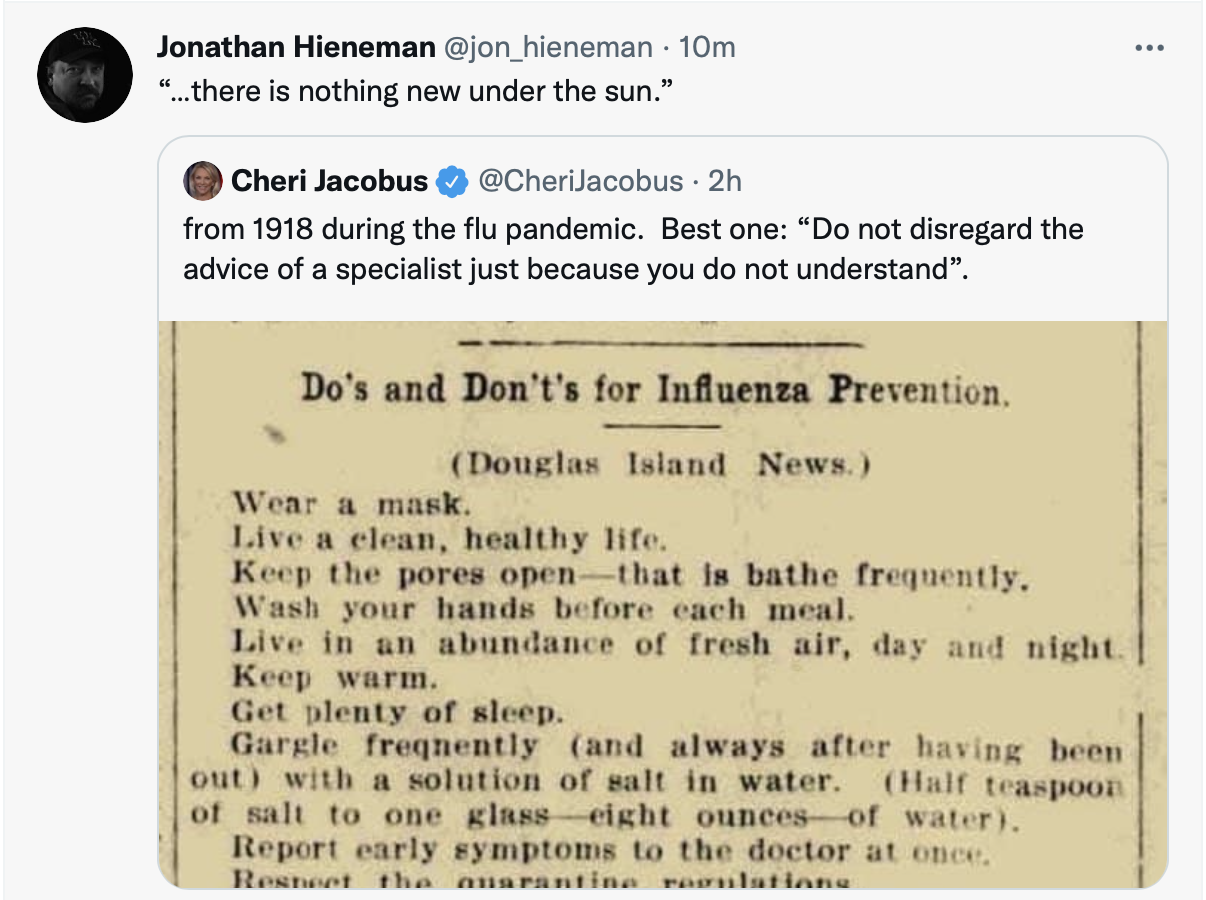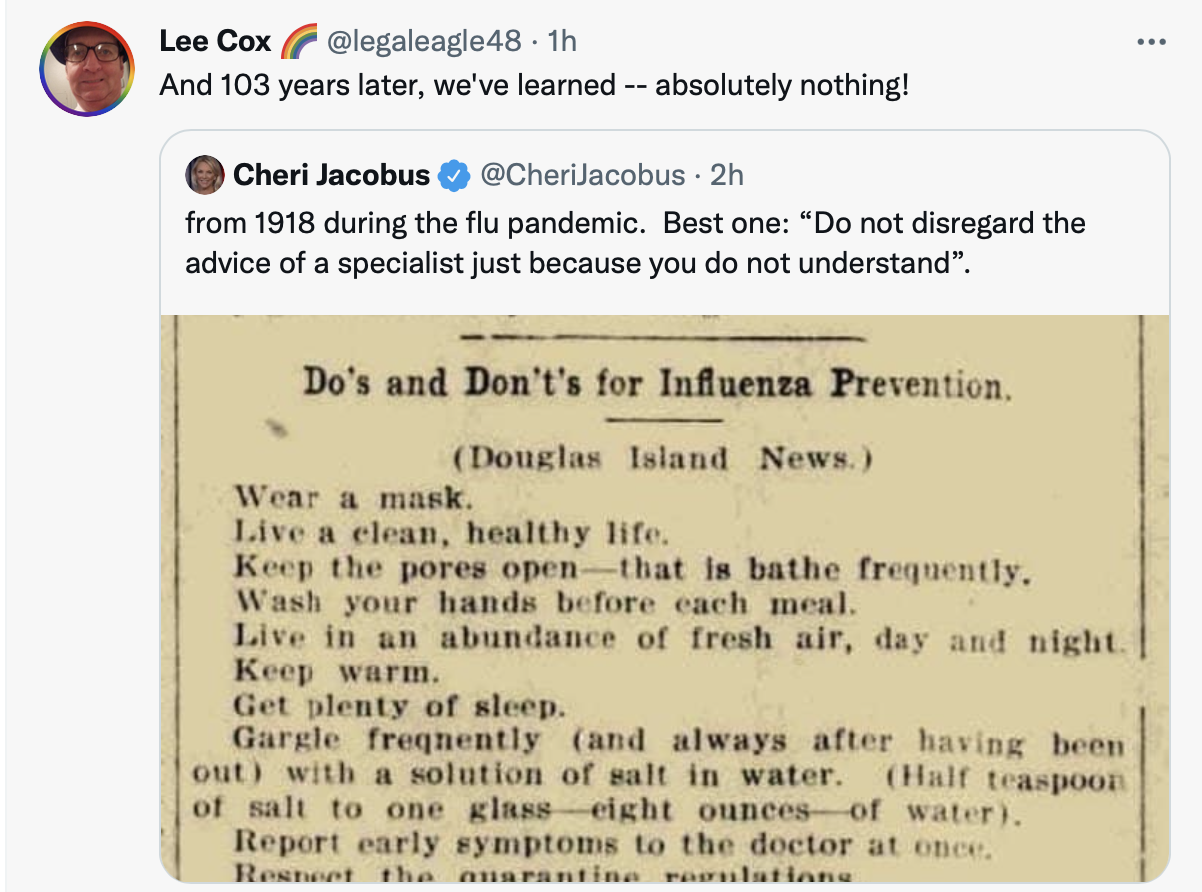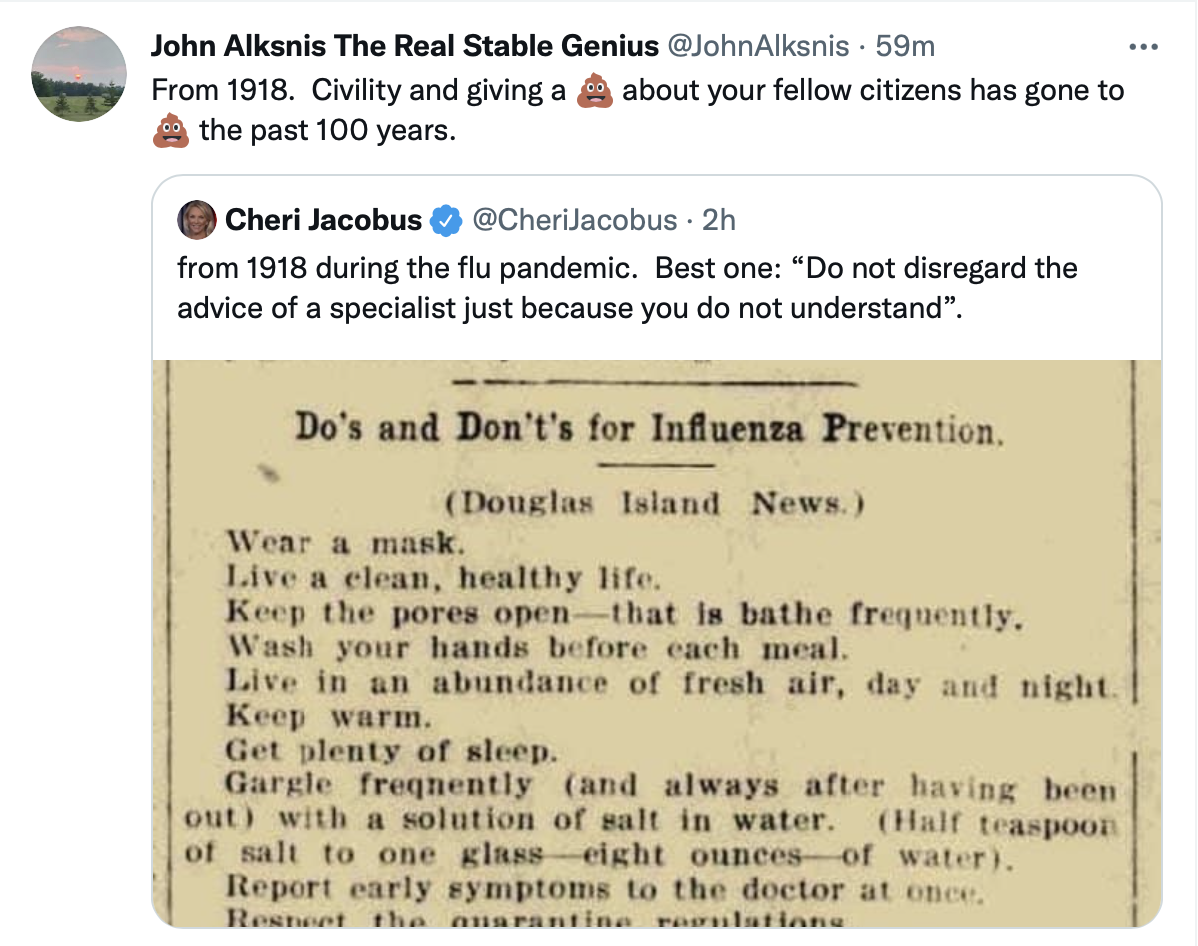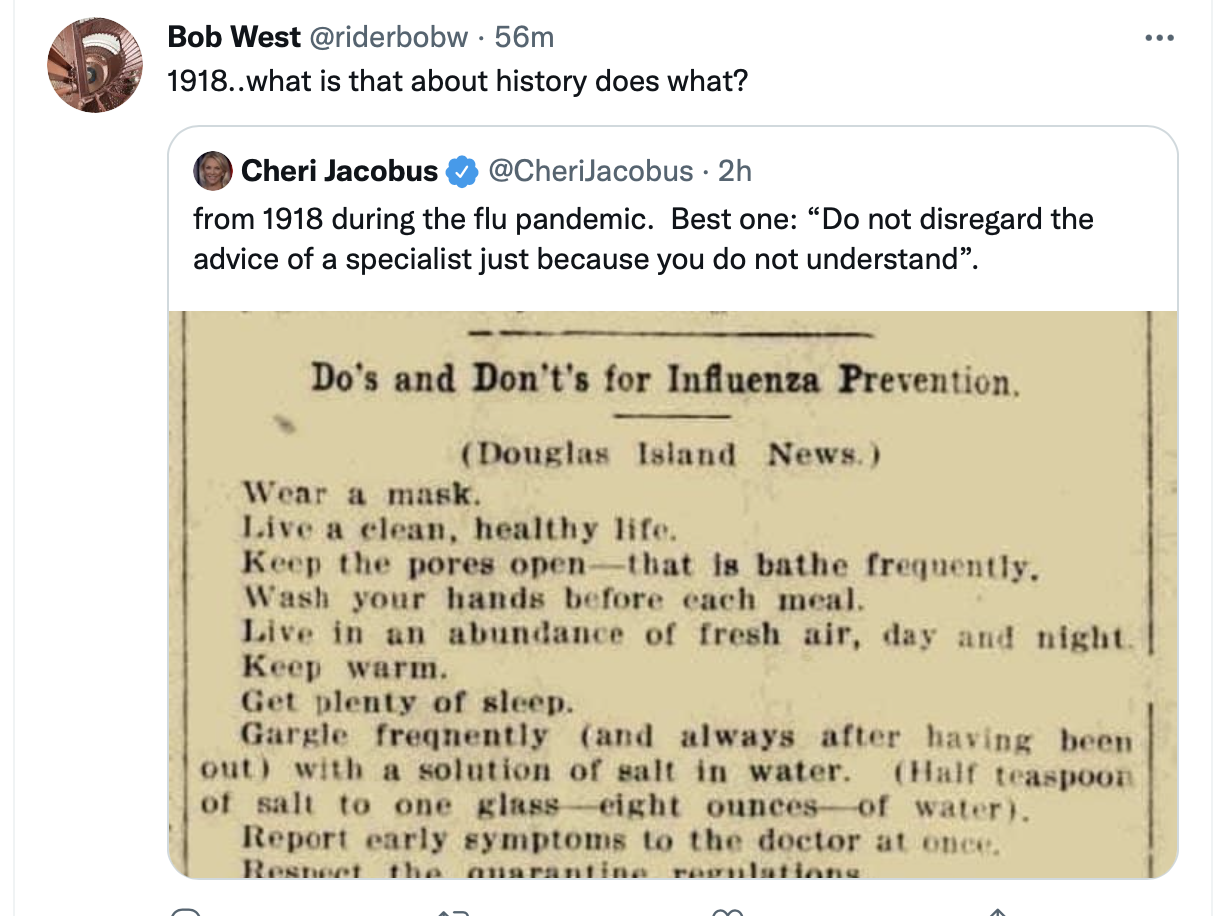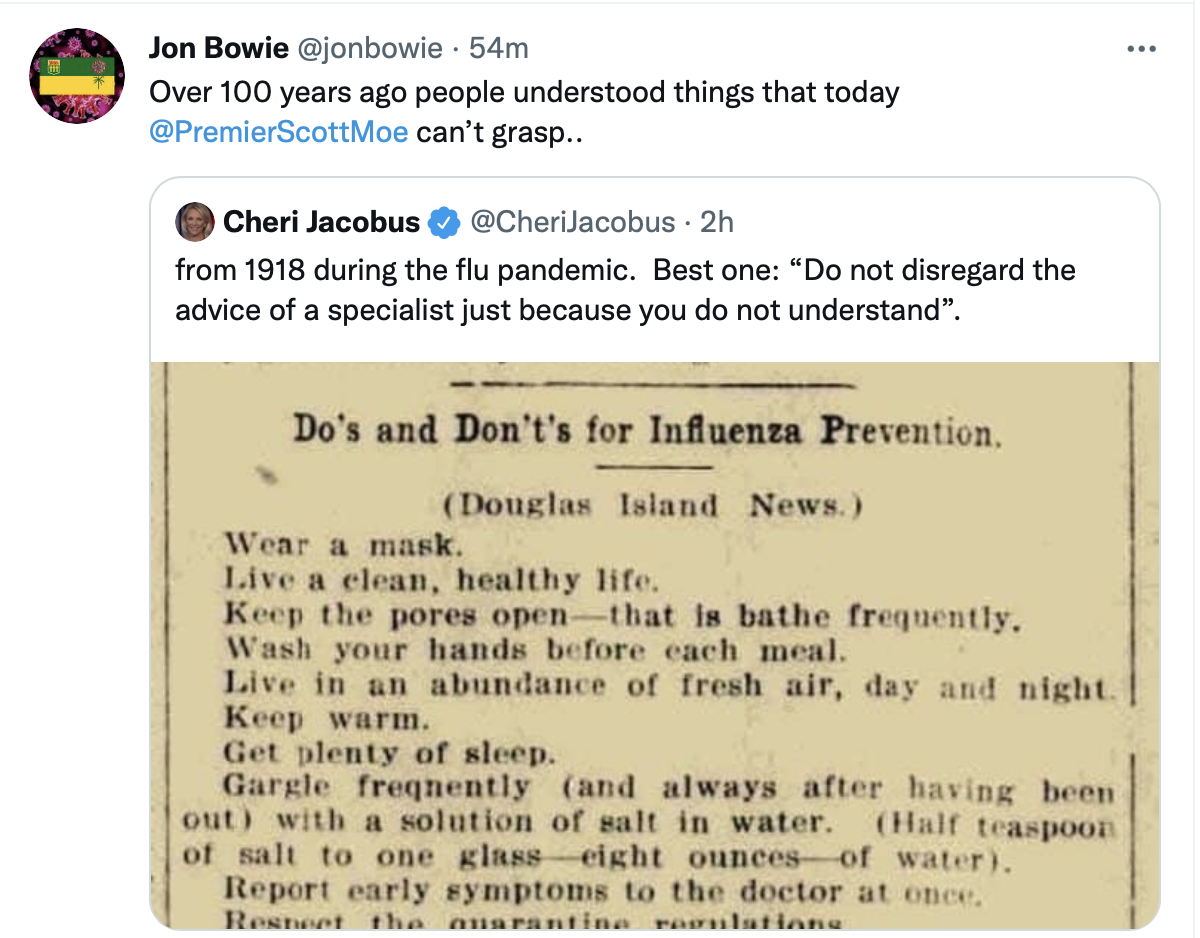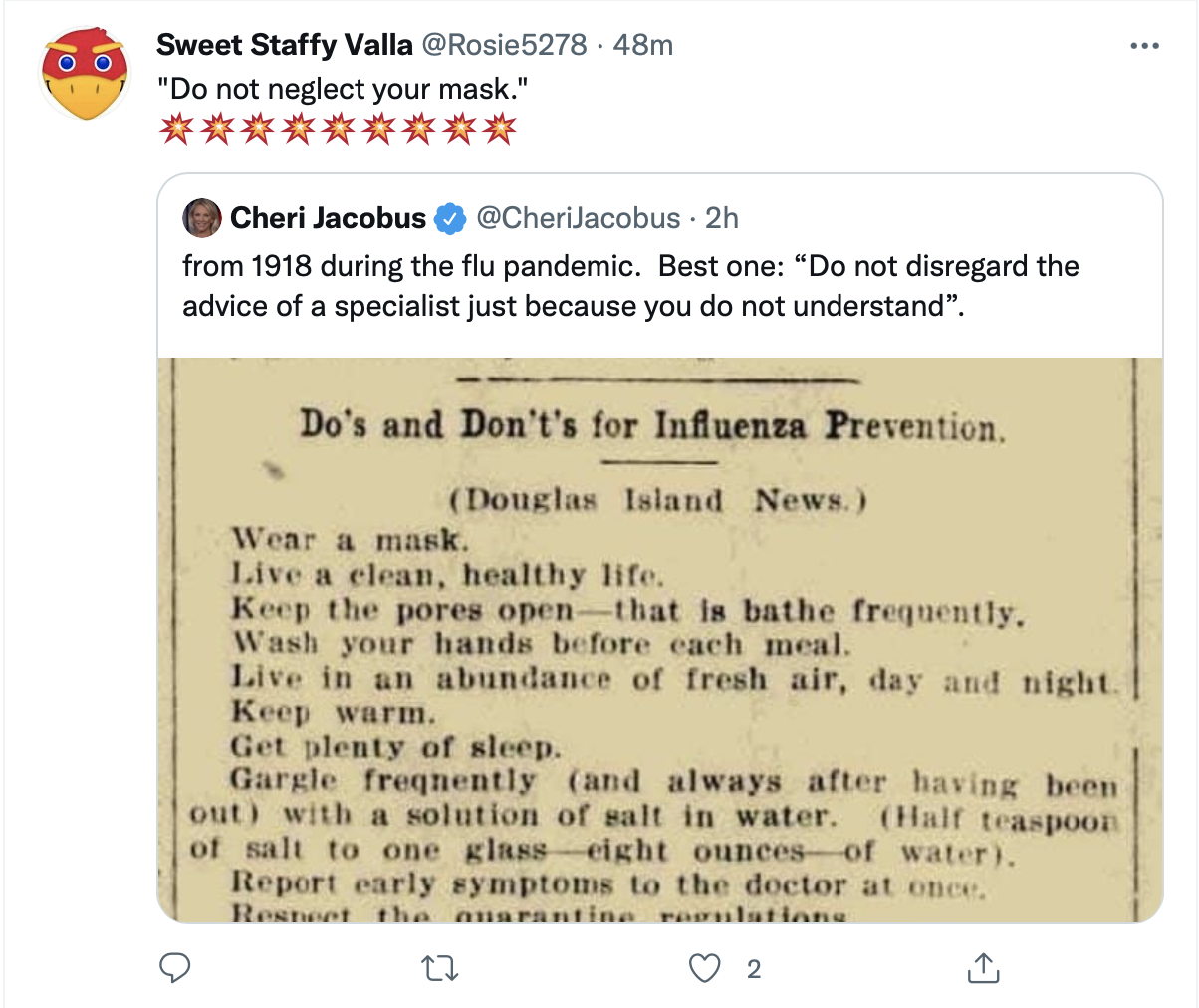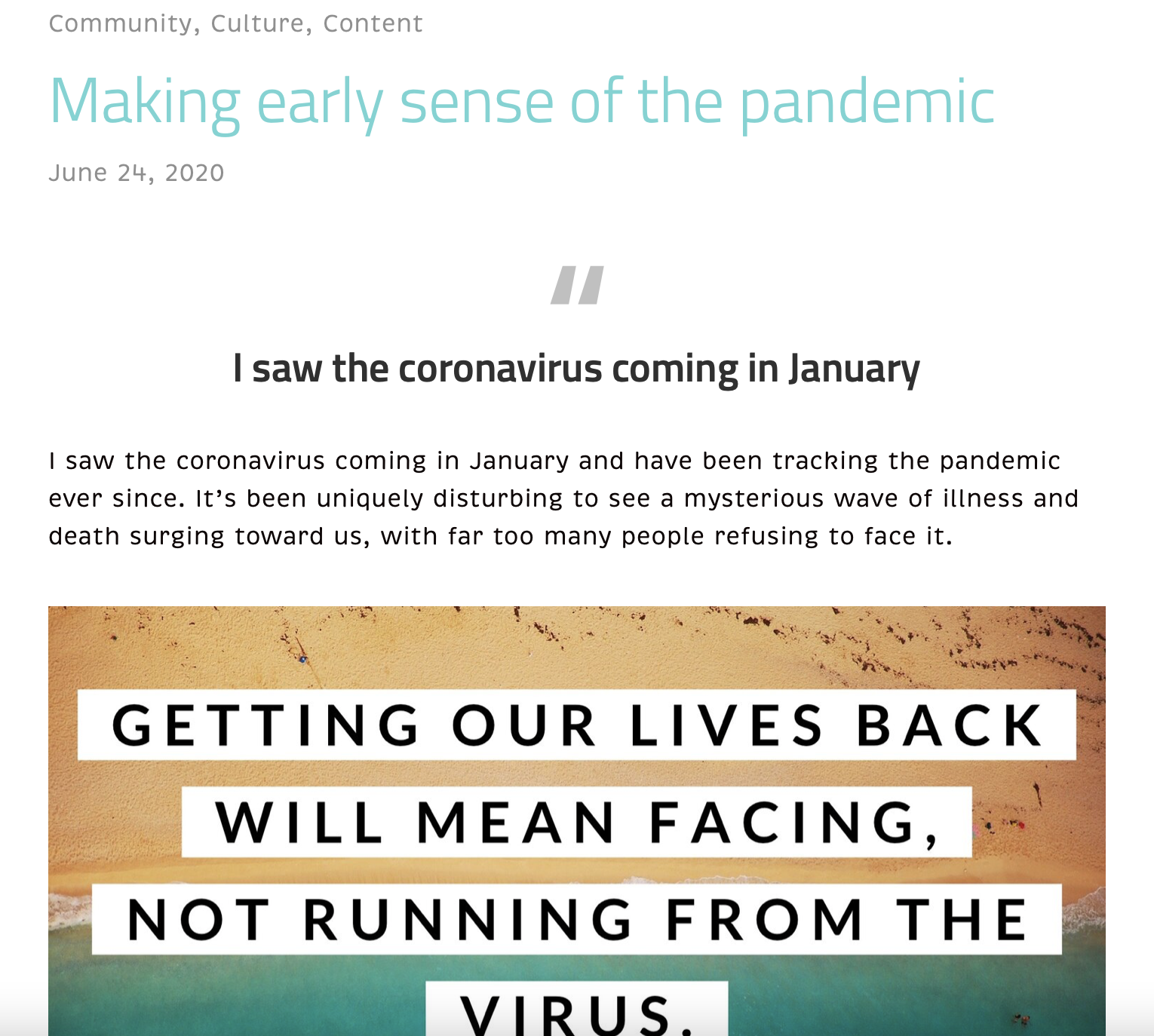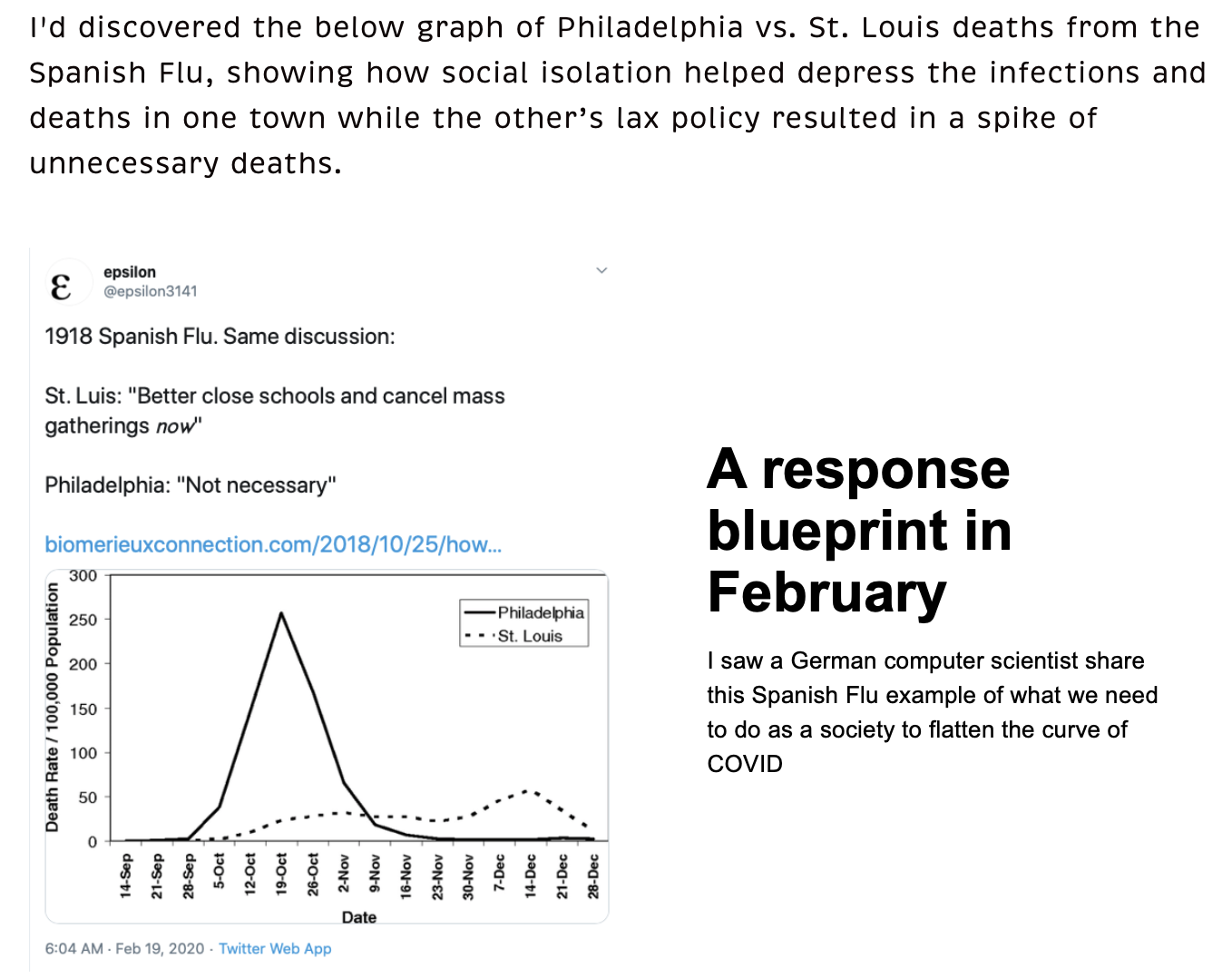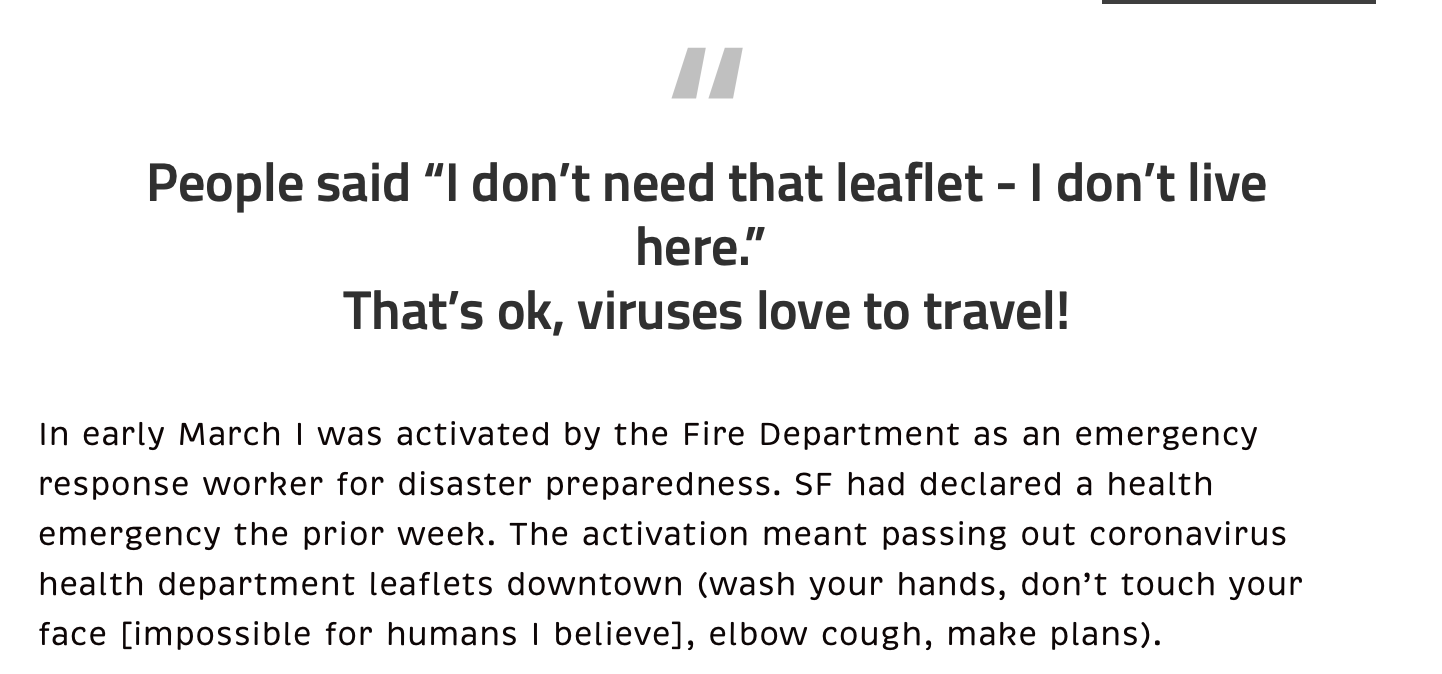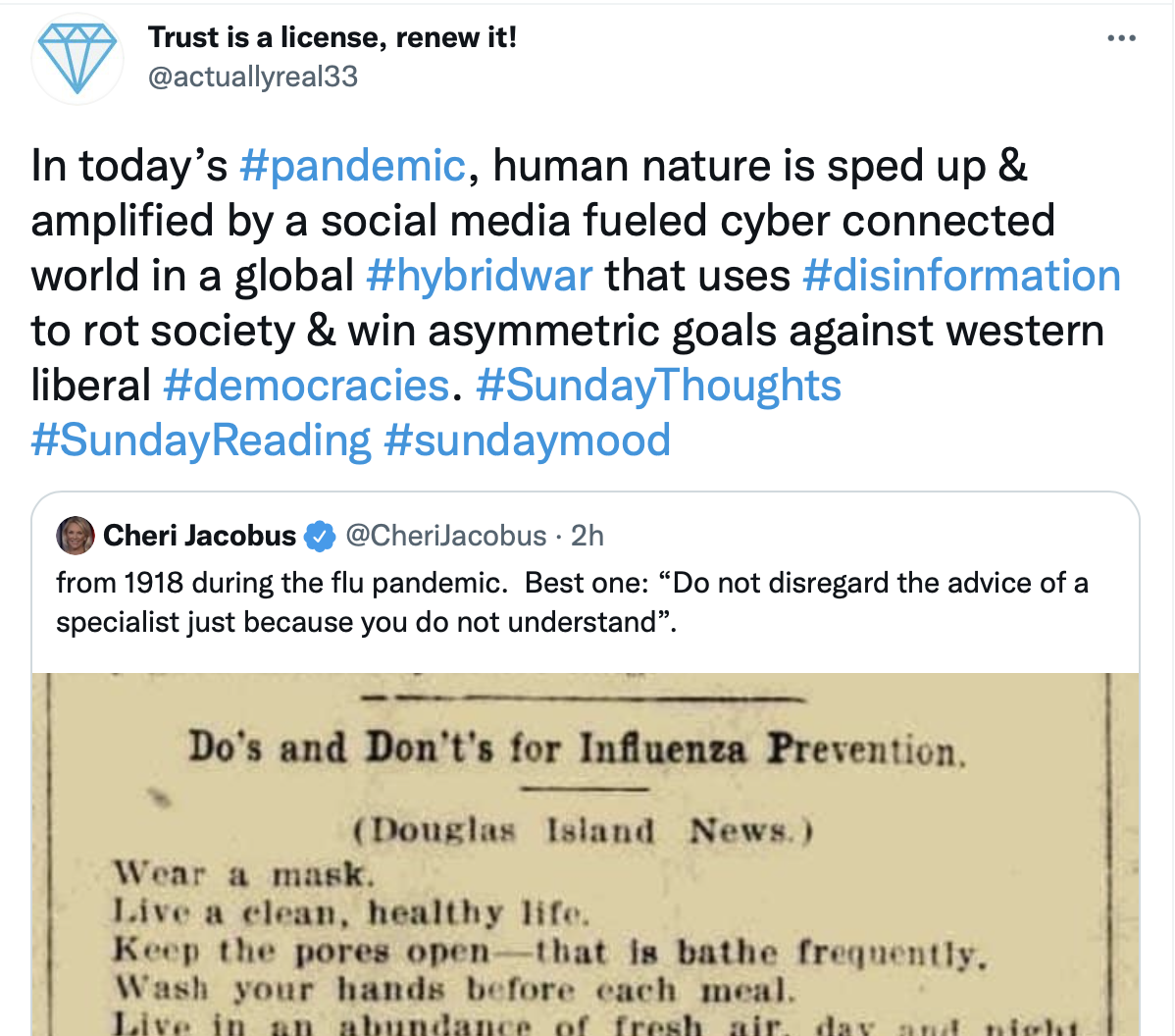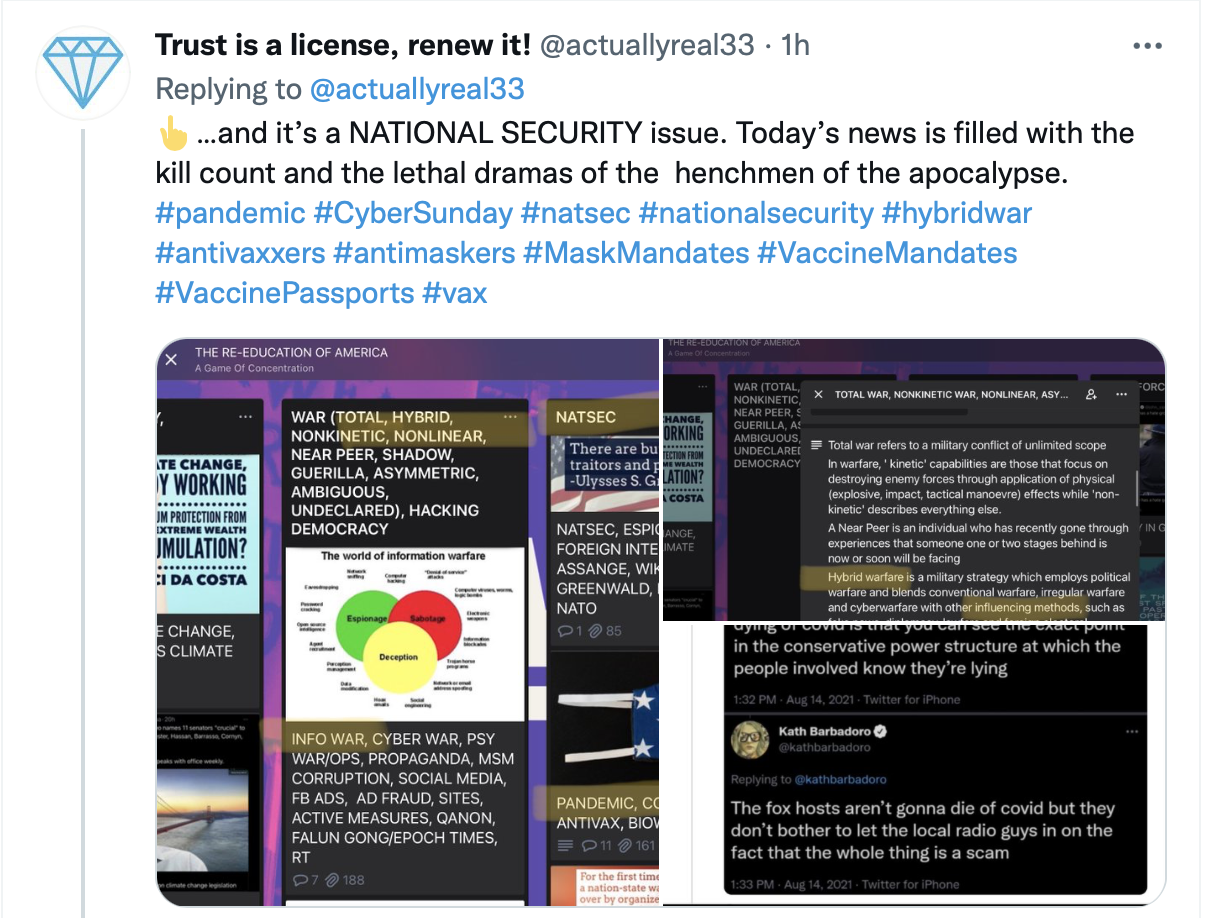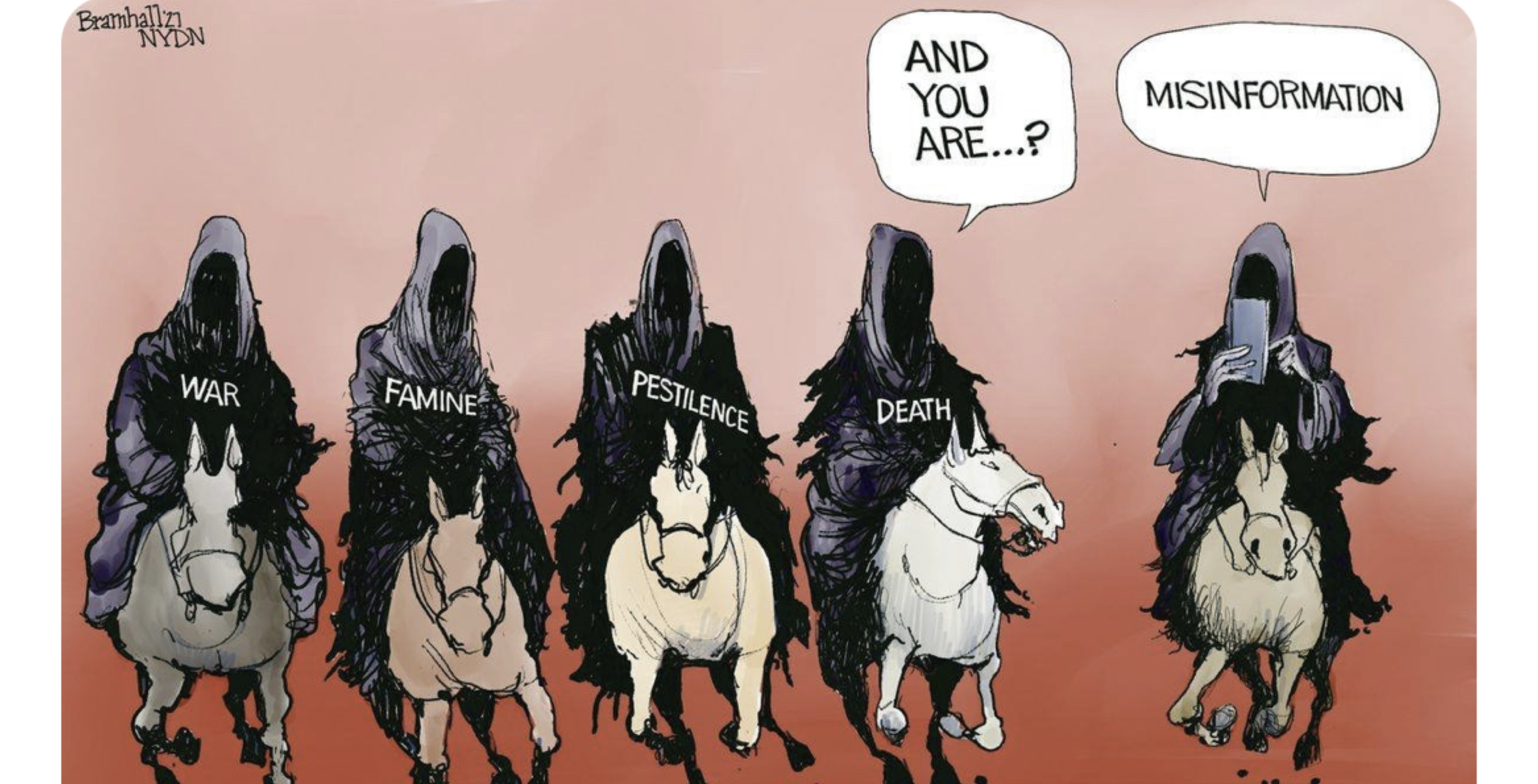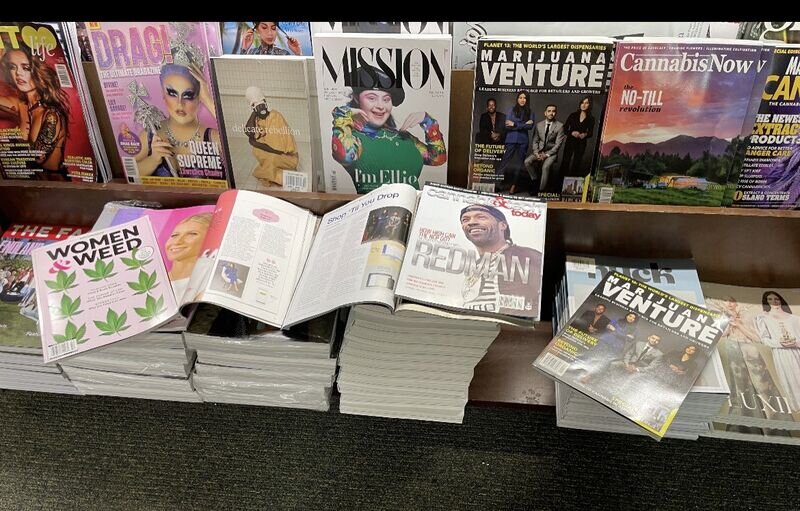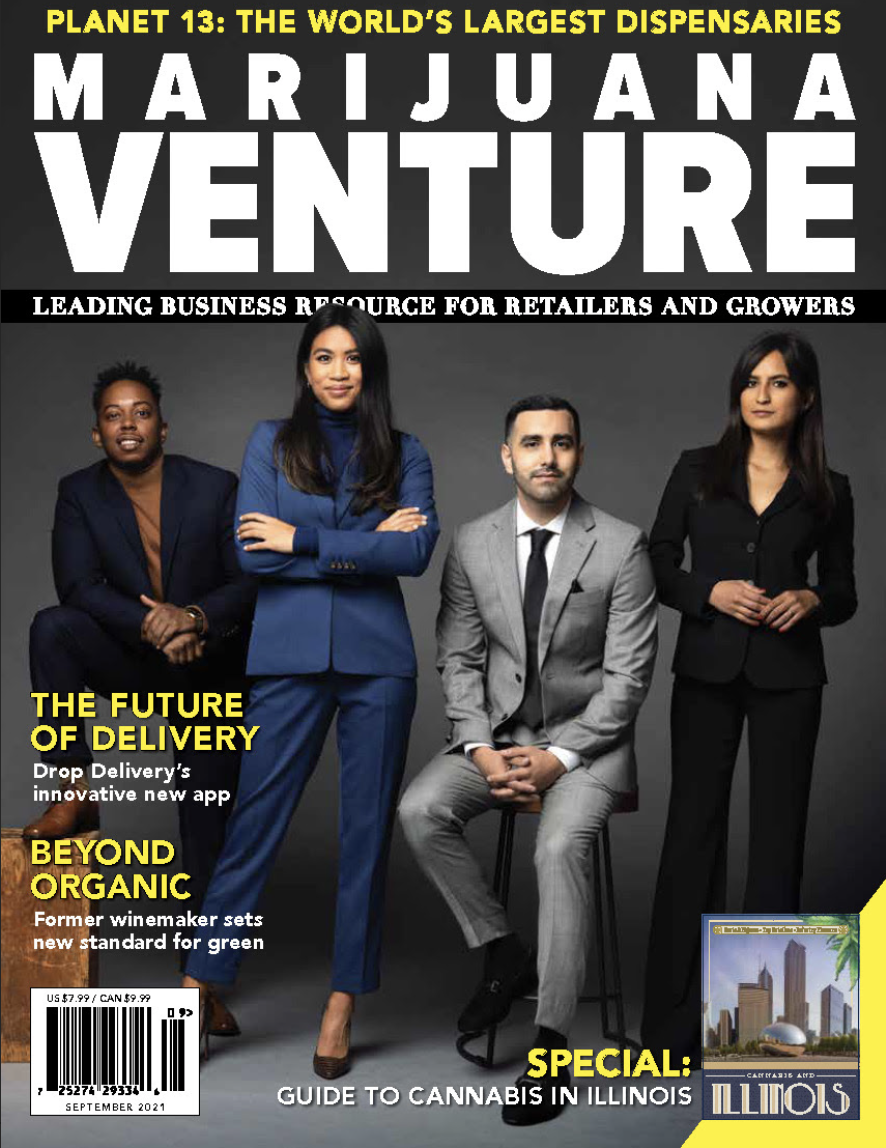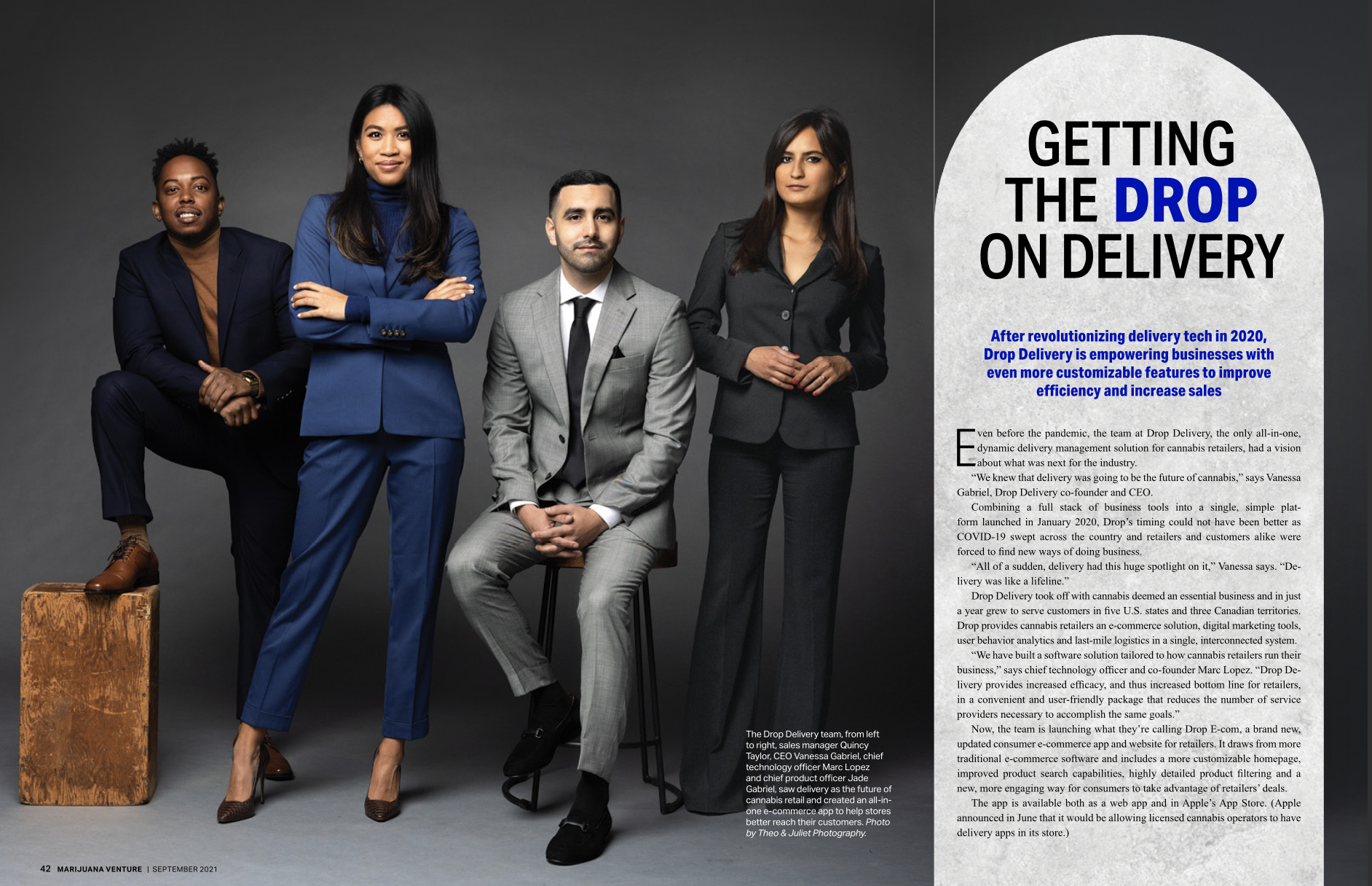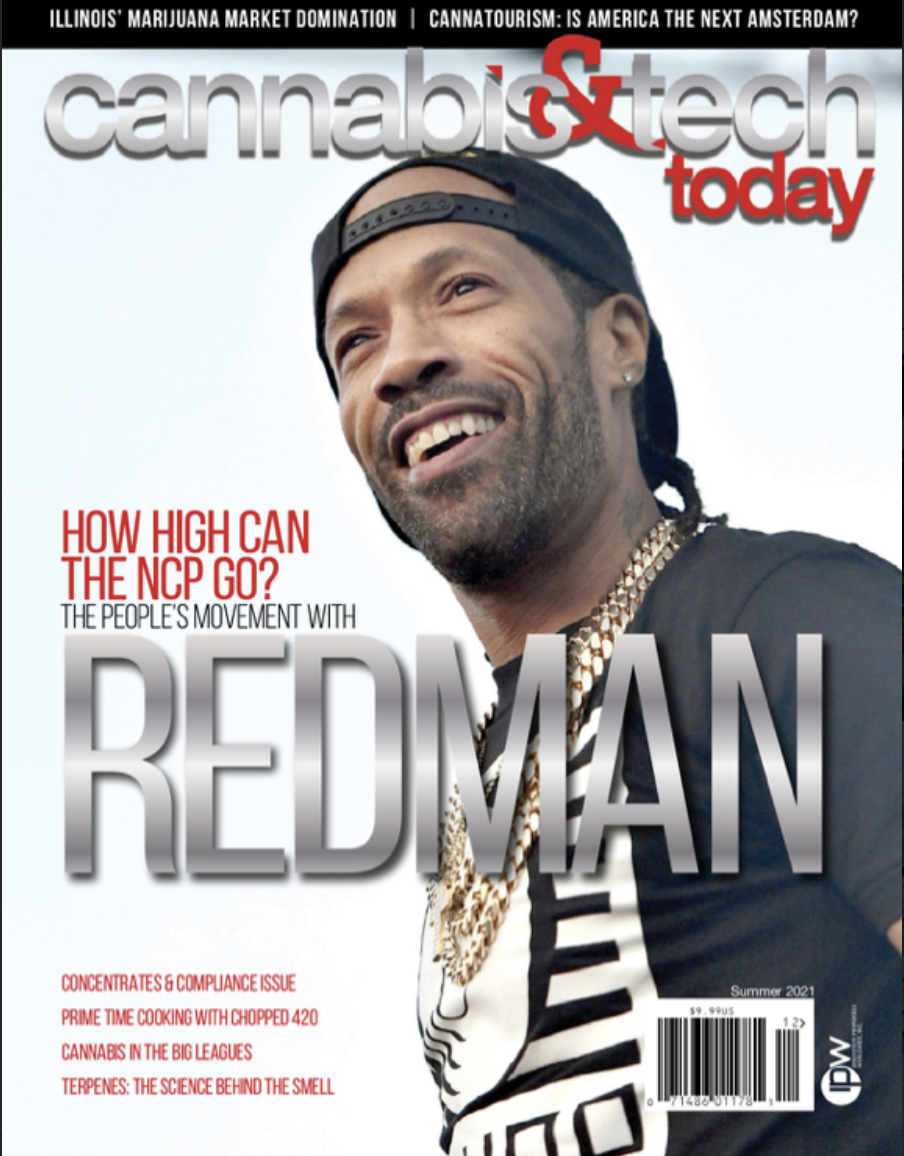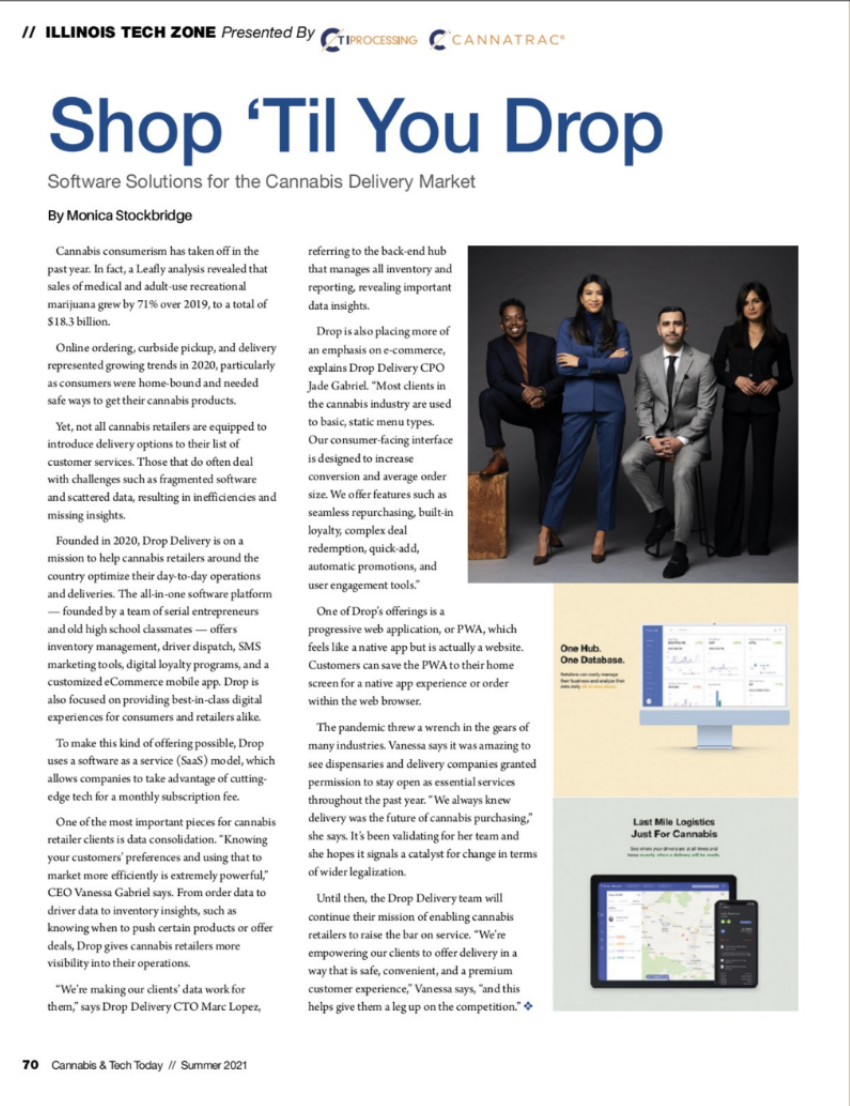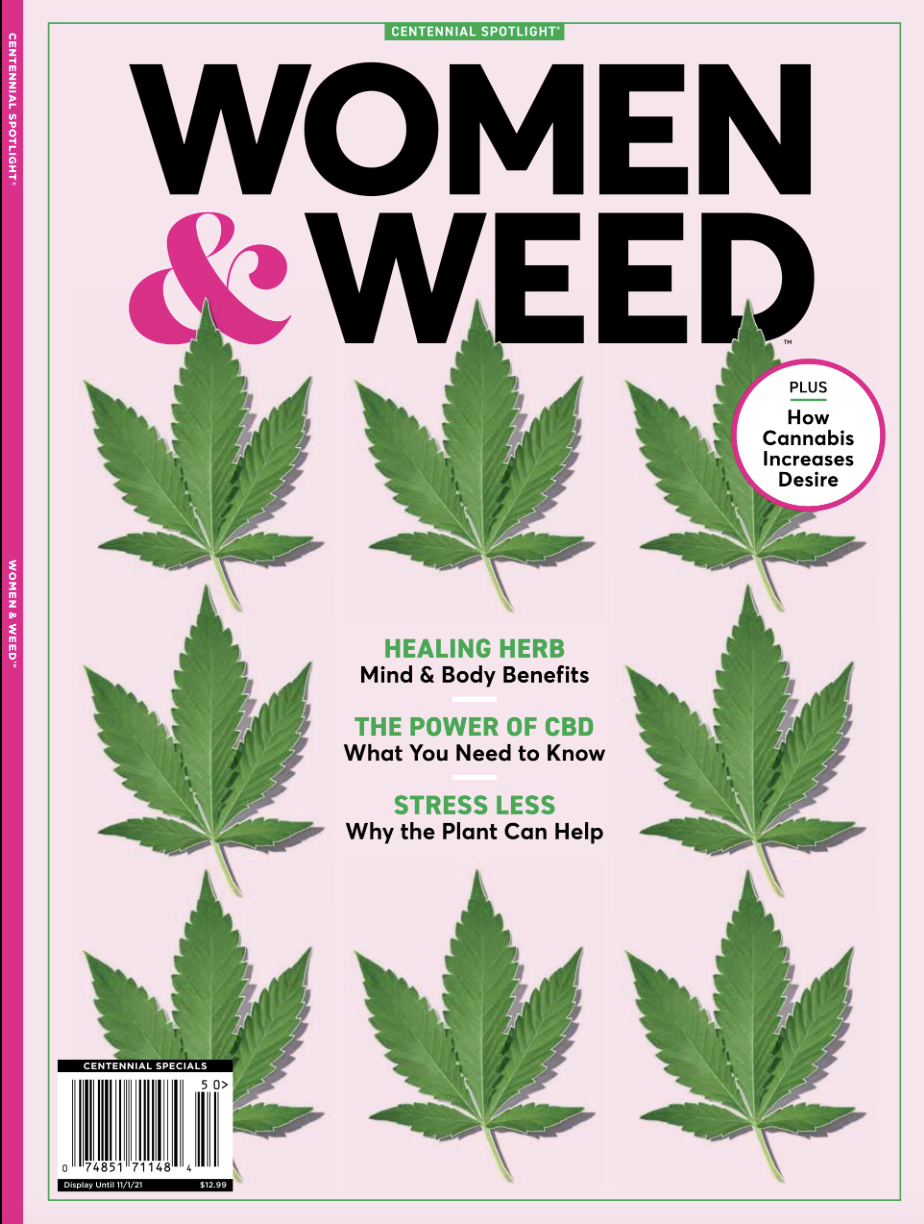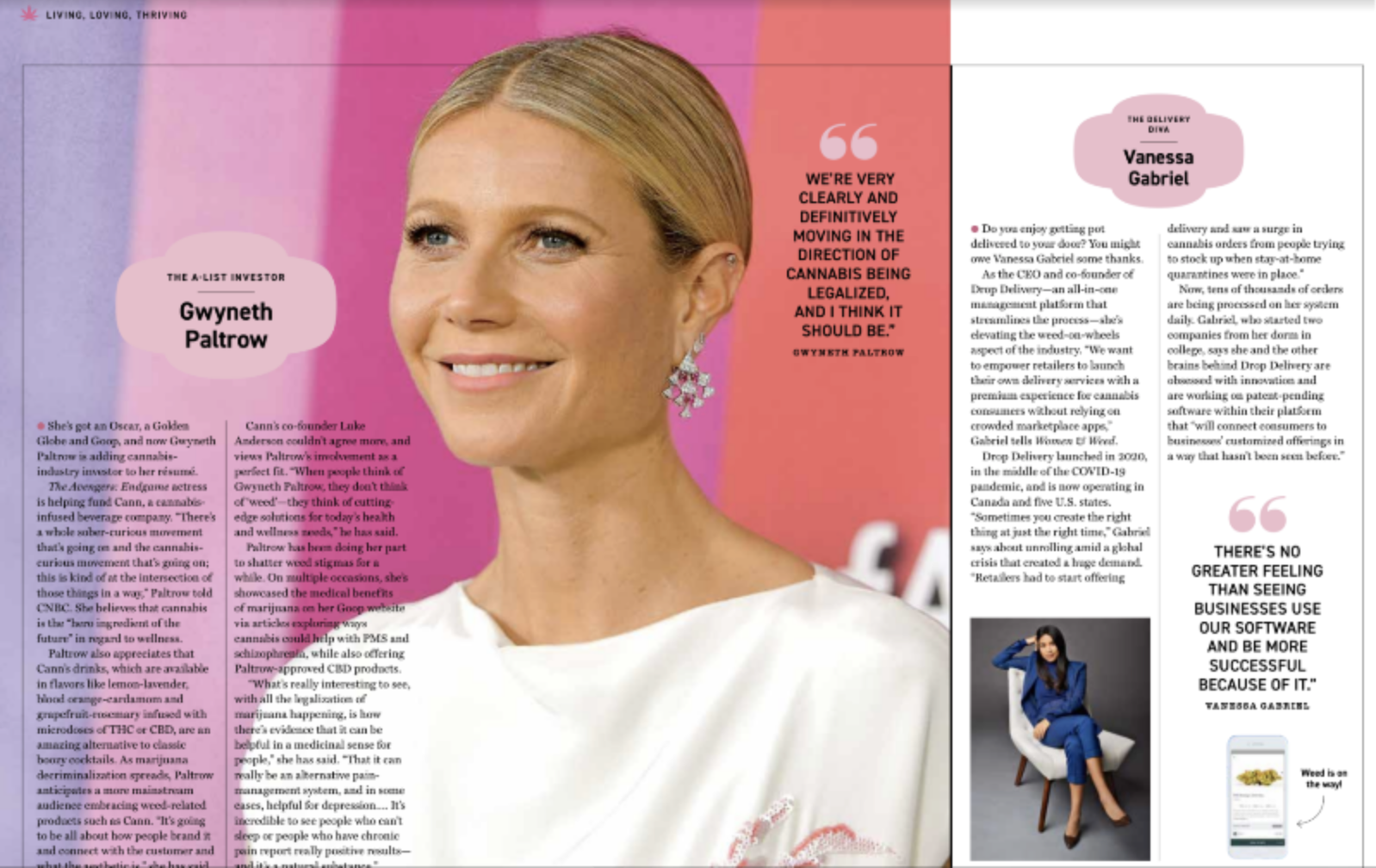Diversity is the conversations you’re in. Using my voice to call out racism and sexism, question false narratives, and champion the positive impacts of diversity, equity and belonging
I was not just born, I was made. I was made diverse in ways that are natural to me but unusual to many of you who judge by my external characteristics such as my whiteness and my cis-female appearance.
LinkedIn is filled with DEI statements by people who come from self-described White homogeneous upper-middle-class backgrounds and elite networks. Their declarations are pitch perfect: it's time to recognize their privilege, to embrace the discomforts of diversity, to overturn the inequities of the patriarchy, to fight exclusion in all its forms. Light on details of past and present experience and actions, no receipts for their claims. So perfectly within bounds they must have been written by a crisis management firm - or Chat GPT.
I was born to share the same compliance check-boxes with many of these writers. If you judge by boxes, we are indistinguishable from each other. My DEI statement should read much like theirs. But then why do those 180 degree turnarounds to recognize lifelong blind spots about systemic and structural marginalization feel so unfamiliar to me?
I was made diverse. I was made by a progressive hometown that was a Civil Rights hotbed. My baseline for normality was anti-Establishment and countercultural, where every day was a reaction to a conventional world of sexism and racism and classism and ableism and ageism. I had yet to meet that world whose dominant structures perpetuate inequality and exclusion but from an early age I understood those structures needed to be dismantled. And I would do my part! I was a child steeped in inclusive language and feminist instinct. At the age of 9, I was made by my study of transcendental meditation with the Maharishi Mahesh Yogi, the same bearded guru who turned The Beatles on to meditation. Had a mantra when my peers were collecting Brownie badges. Was a test of integration, bussed from my block in the Gourmet Ghetto of Alice Waters and the original Peet’s Coffee to a lower socio-economic neighborhood in my integrated school district where the corner store sold pickled pigs feet next to the cash register. My teachers were BIPOC and AAPI. I was made by "Asian Cluster Classes" that put clusters of gifted students into classes with students of varying abilities so we could all learn together at our own paces. I was made by Asian-American Summer School and eleven years of studying Judo with instructors from Tokyo.
Was trained to see through different eyes than mine, to perceive how society's majoritarian effects devastate minority populations. Mapping Toni Morrison’s The Bluest Eye onto my envy of a blonde blue-eyed sister’s life, when Langston Hughes was my favorite poet, when I learned of America’s Japanese internment camps and our homegrown wartime propagandists Tokyo Rose and Axis Sally. Cherished memoirs of the Holocaust as a 15 year old, written by people who survived concentration camps like Auschwitz.
Lived and worked in numerous American cities and three other countries. Ran a reflective blog for global citizens. Published a stereotype-busting book about Turkey that won adherents worldwide, including NBC television producers, National Geographic Traveler and the New York Times. Translated Turkish culture on live television for five million Americans. Raised the voices of foreign women writers in a land that gets more press for silencing writers.
Mentored students of color, LGBTQ students, undocumented students, and women leaders of tomorrow. Supported a more equitable world by amplifying people with intersectionalities in my hiring, by whom I follow and amplify on social media, and by deciding with which companies to spend money. Corrected gender and race imbalances through my entrepreneurship, partnering with individuals from underrepresented communities and people who have untraditional educations or are differently abled.
I was made by my experience of working in all-male environments or being the only woman in the room. Feel acutely aware of the challenges that face a marginalized individual, especially the derailing of opportunity and the harm to one’s mental health caused by mistreatment. On Quora in 2009 answered the question: "What do you wish you knew in your 20s?" Wish I’d known I had a legitimate case of harassment in the workplace when I had to give the mailroom dude a hug before I could use the fax machine. Instead chose career change, and faced depression.
Finding an ally is a boon. Identifying where my rights have been violated in the workplace and pursuing productive remedies came in my 30s: thanks to guidance from a male colleague who recognized the optics were poor and who knew how to be an ally to women. This is what I want for everyone: to have a savvy ally nearby.
Allies are also made, not just born. Being an ally is my goal. It is never-ending work and my privilege to tap out, recharge, and come back to do something impactful. I regularly recommit to being an ally to marginalized people. As an active anti-racist (see my live tweeting a tech world event on intersectionality and structural racism), I hold other White people to account, directing them to existing research so they don’t rely on the free emotional labor of people who are experiencing the discrimination. I make a point of getting people's names right, and remain aware of empty gestures, tokenism, and virtue signaling. I recommend any White person reading this educate yourself about how to be actively anti-racist. There is no alternative.
Experience, culture, and perspective are crucial factors that shape our worldviews. We must work to find equity. For decades, I have used my social media, blogs, books, published articles, letters to the editor, etc., as a platform for calling out racism and sexism, questioning false narratives, and championing the positive impacts of diversity, equity and belonging.
In 2010, my global citizen newsletter was asking questions about tolerance levels in our communities. On Twitter in 2014, pointing out that issues of discrimination and diversity are not just fringe concerns, but mainstream ones. In 2015, noting true diversity is reflected in the rooms we're in and the conversations we're having. My commitment to fairness and justice is well-documented, from confronting sexism in the halls of Congress to challenging a Hong Kong tycoon's comments about drowning Indonesian women — they didn't need to be saved when the ferry went down he had said, they were only women and women have so much already, don't they?
I was made by being an outsider. Knowing what it feels like to not fit in or belong, or speak the predominant language, or have citizenship rights. Being misunderstood when speaking or acting. Being passed over for hiring or promotion due to a lack of 'culture fit.'
Knowing what it’s like to be welcomed as an honorary member of other cultures and groups: for eight years I lived in an almost exclusively LGBTQIA+ world, at one point with four gay roommates. This was normal to me, but may be unusual to you.
As an expatriate in Muslim-majority countries in Southeast Asia and the Near East, learning to read the fine print of each culture, I was made by living and working for 13 years outside America. Hard to figure out in the States, I am even harder to figure out outside my country of context. Once a Malaysian postman returned my grandmother's birthday card for me — because in his racially segregated universe there was no way a Malay person (he read my middle initial and last name as a typical Muslim moniker) could be living in the same house as a person with a Chinese name. I witnessed my colonialist privilege to walk into an Asian luxury hotel unquestioned, and lie by the pool simply because of my white skin in a former British protectorate.
I have my conflicts.
White privilege viewed from a low rung of white society is disorienting. Committed to understanding what my whiteness and its privilege means since I was an 8 year old child filling out race surveys with the write-in answer my Lithuanian father insisted on: “We’re Indo-European, not Caucasian”. Grasping the need to champion diversity and equity and inclusion since I was a poor child slipping through the cracks in an affirmative-action-focused progressive society. Regularly failing to qualify for local aid programs, I wasn’t the particular type of underprivileged child they were designed to help. If I missed the irony of it, my father sure didn’t.
It mirrored his experience of slipping through the cracks of society, being cross-eyed and a stutterer with asthma from the poorest white family in his town. The doctor didn't keep medical records since he was considered a charity case, leading him to be drafted into the Army later, an unfit specimen. Once I asked my father why he had no friends left from his childhood. "Anyone with good nutrition and opportunities shunned me”, he said, his Black friends died young or were sent to prison. He got a Bloomingdale's shoe department job in the city and attended free art school at night. Then a cigarette-smoking dentist at Bellevue Hospital pulled all his teeth to bring his mouth up to military standard. He met my mother on an Army base, returned to school on the GI Bill, and lived to raise me in Berkeley with its progressive programs and condemnation of all he had survived. Today we would surmise that was his White privilege at work as he escaped his illiterate alcoholic immigrant family, his dead end sand pit neighborhood, and all the teachers and townspeople who assumed he was stupid and worthless because of whom he came from, what he looked like, how he talked, and who his friends were. We cannot discount that his whiteness afforded more chances to succeed despite these disadvantages.
Nobody can figure me out. You write about computers, an acquaintance told me, why are you publishing a book about culture? You write about culture, why are you talking about business now, asked social media followers, unfollowing. You’re cis-het, why are you living in a LGBTQIA+ world? You’re White why do you care about #OscarsSoWhite? You’re from California, why aren't you what I know from television shows? You’re American, why did you vote for an imperialist president the rest of the world deplores? I’ve been pigeonholed for decades and it’s never right. Just like my father wanted me to write-in something more relevant on a diversity compliance form, there are no meaningful boxes for me to check.


